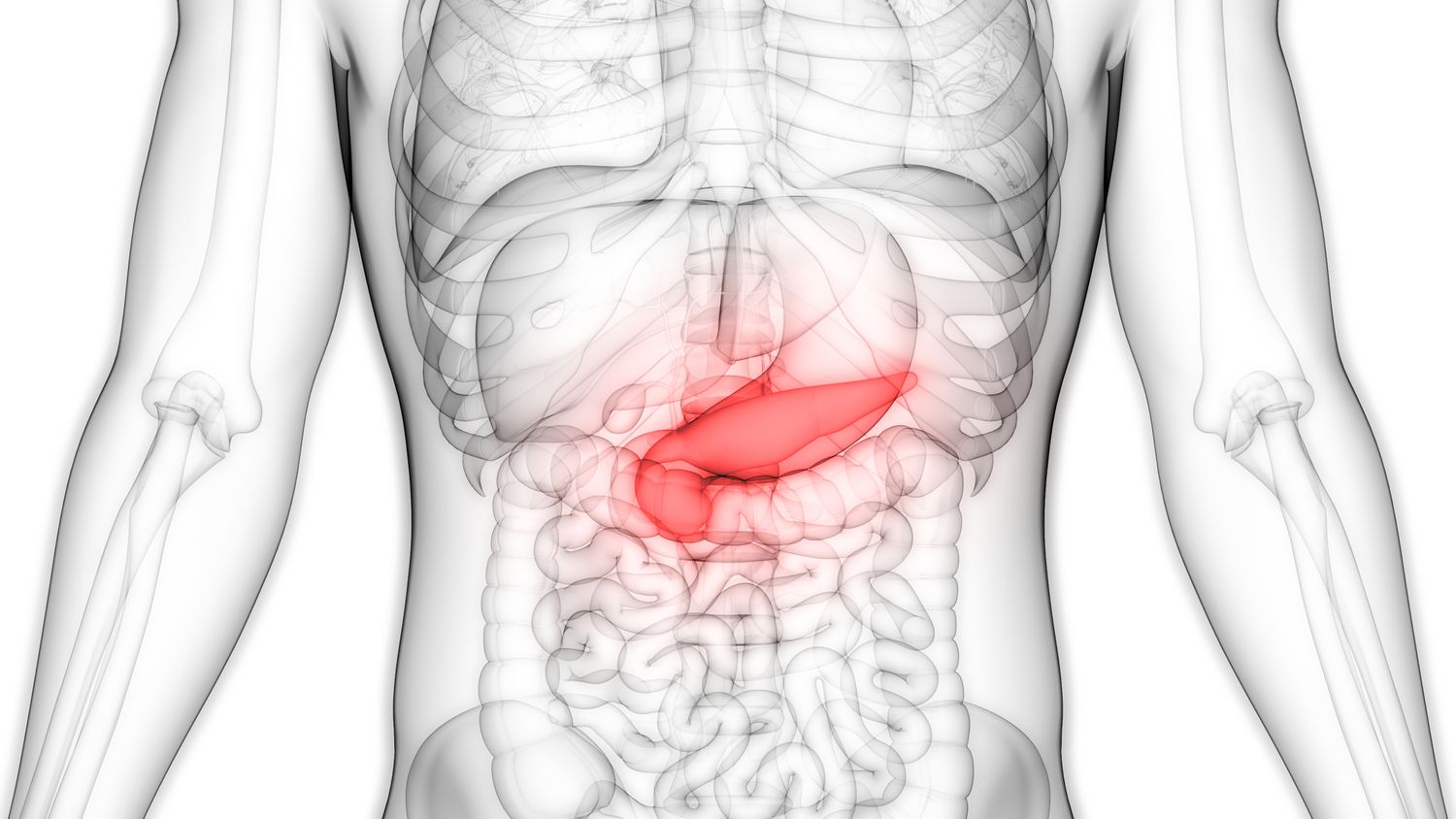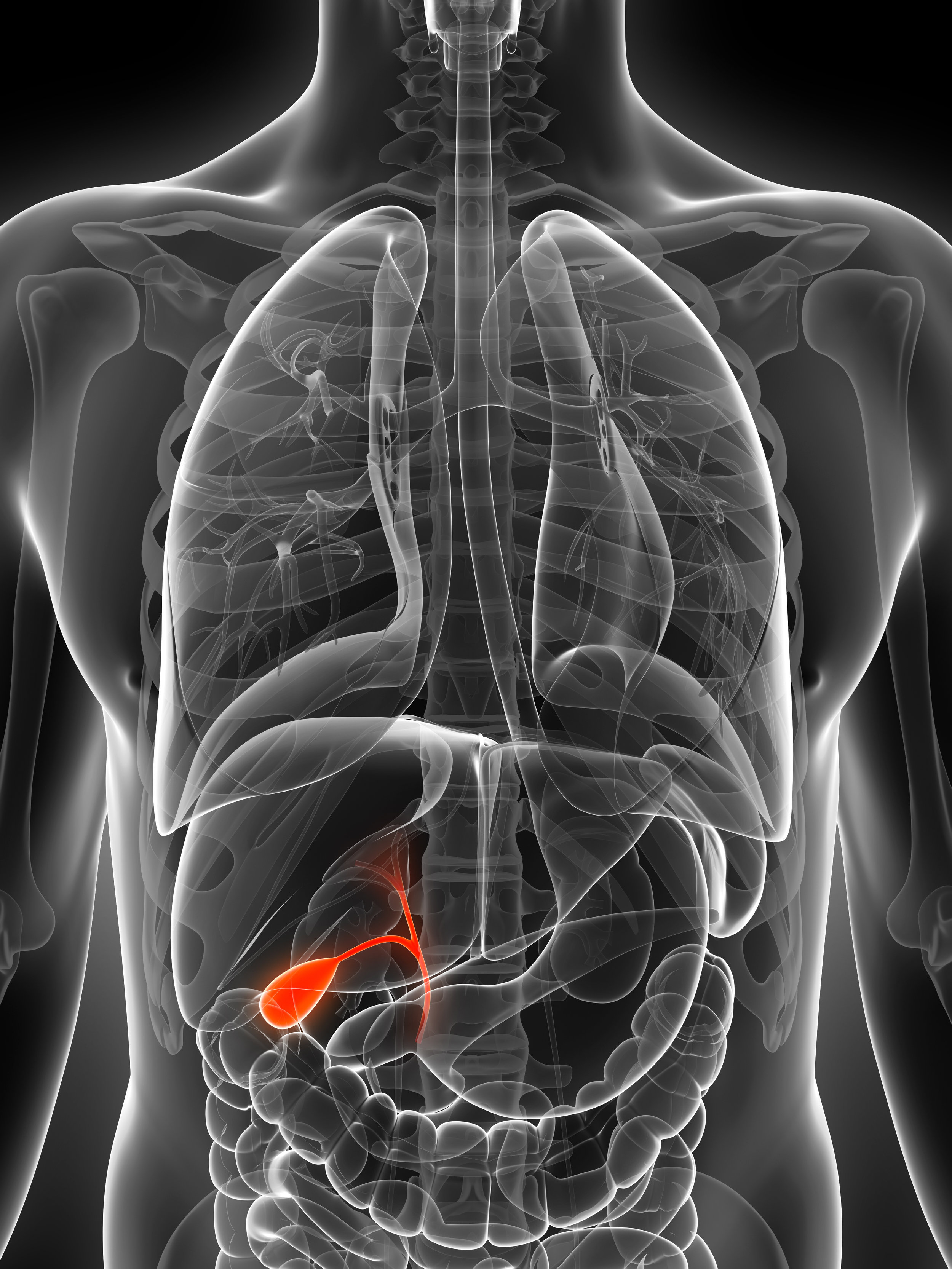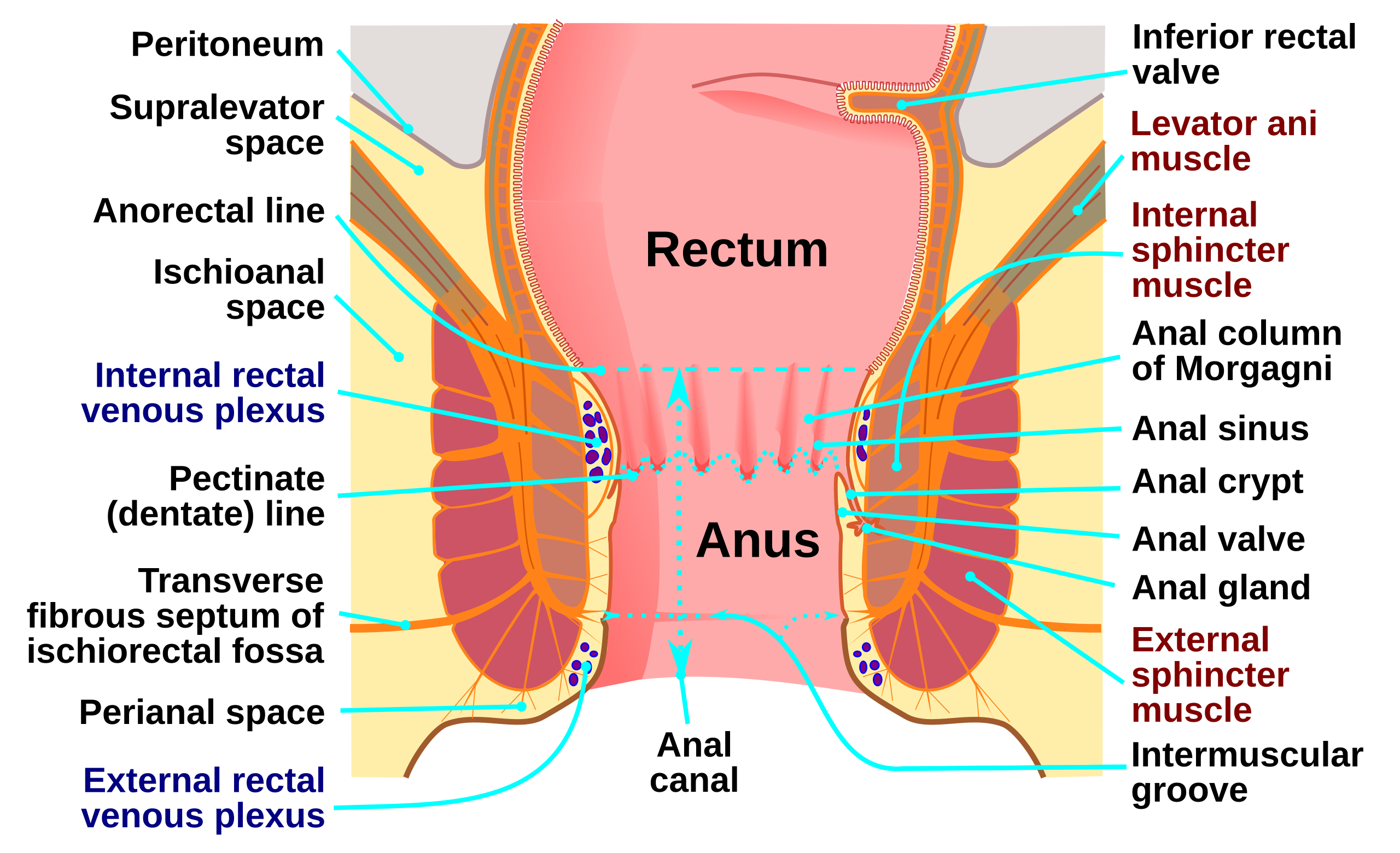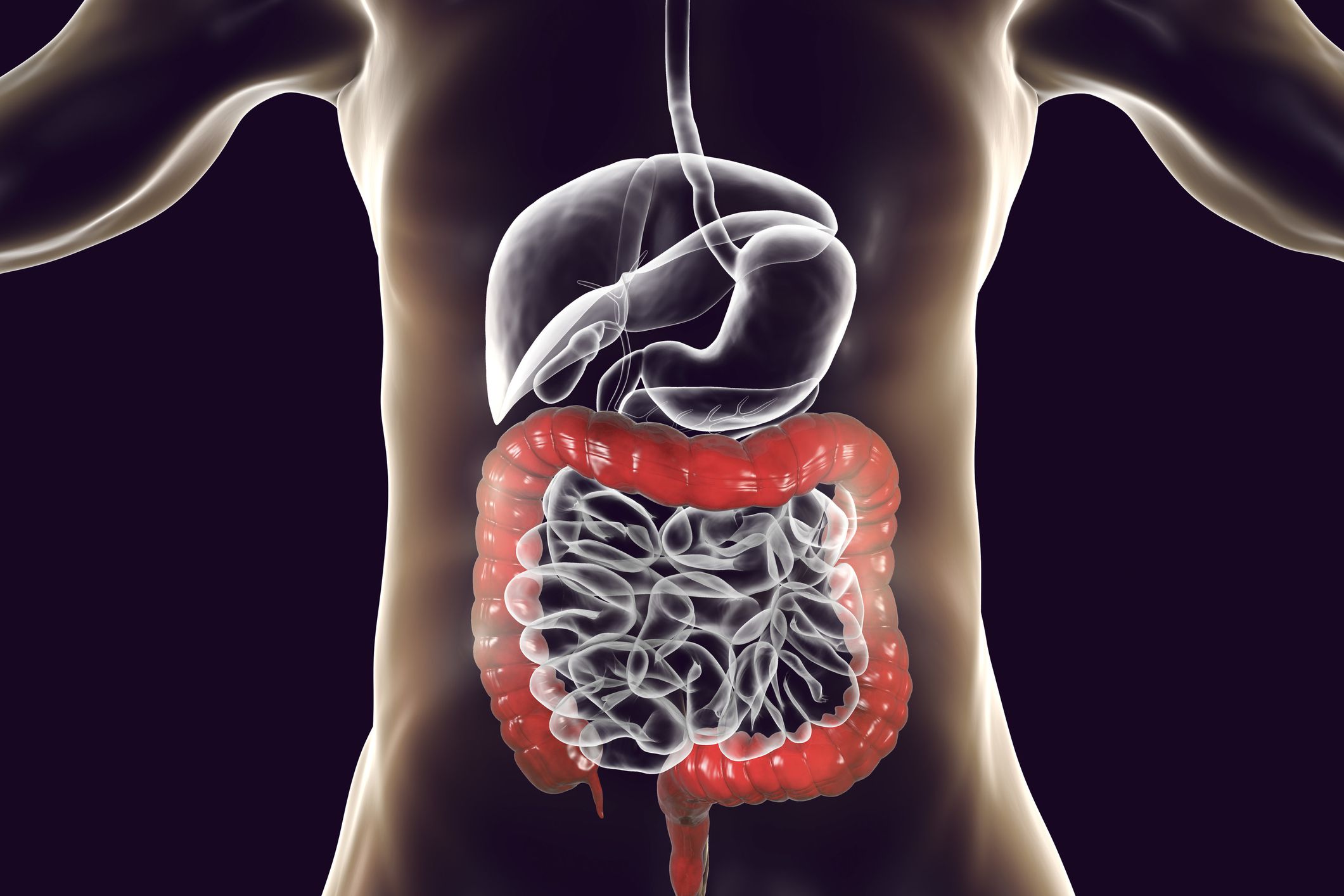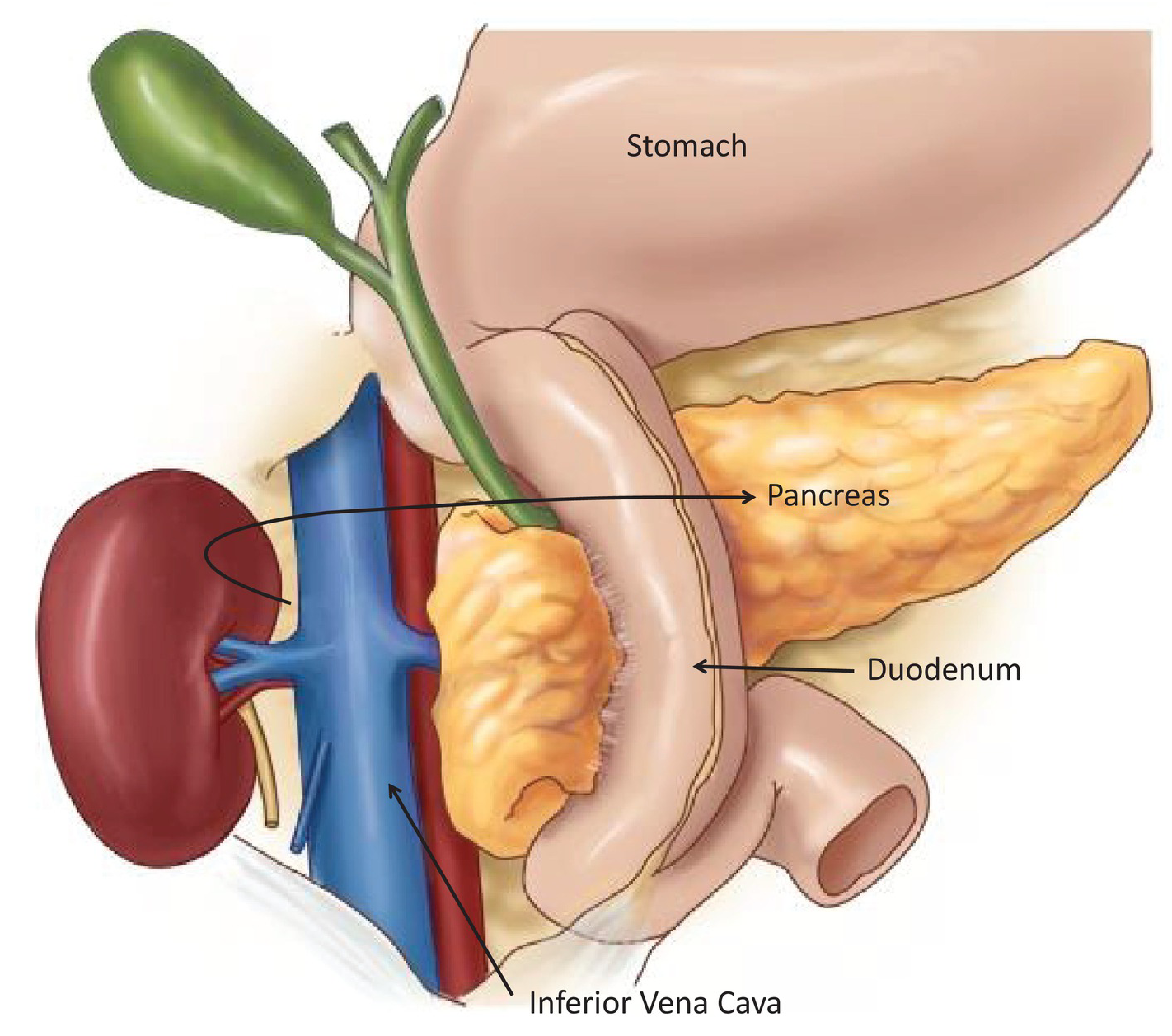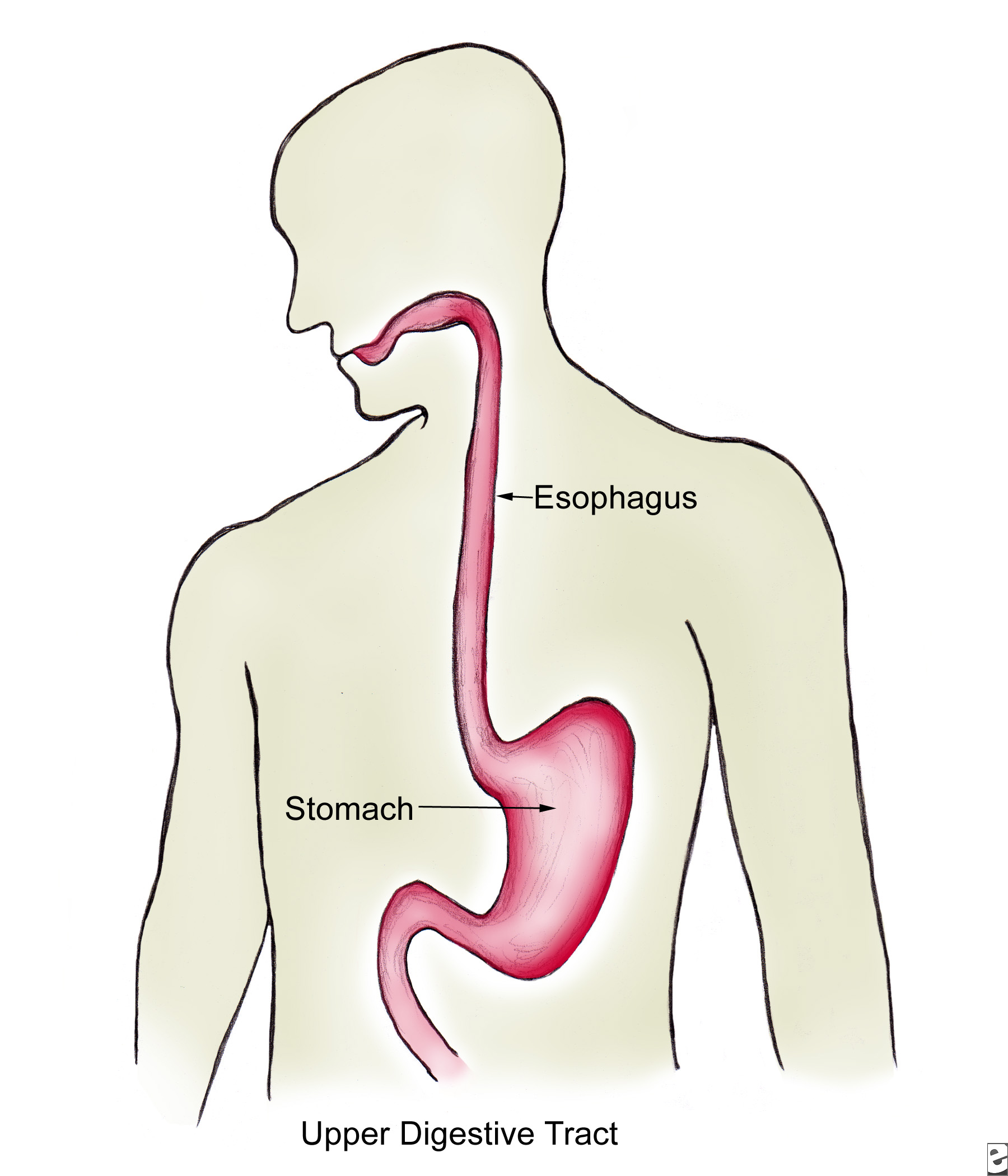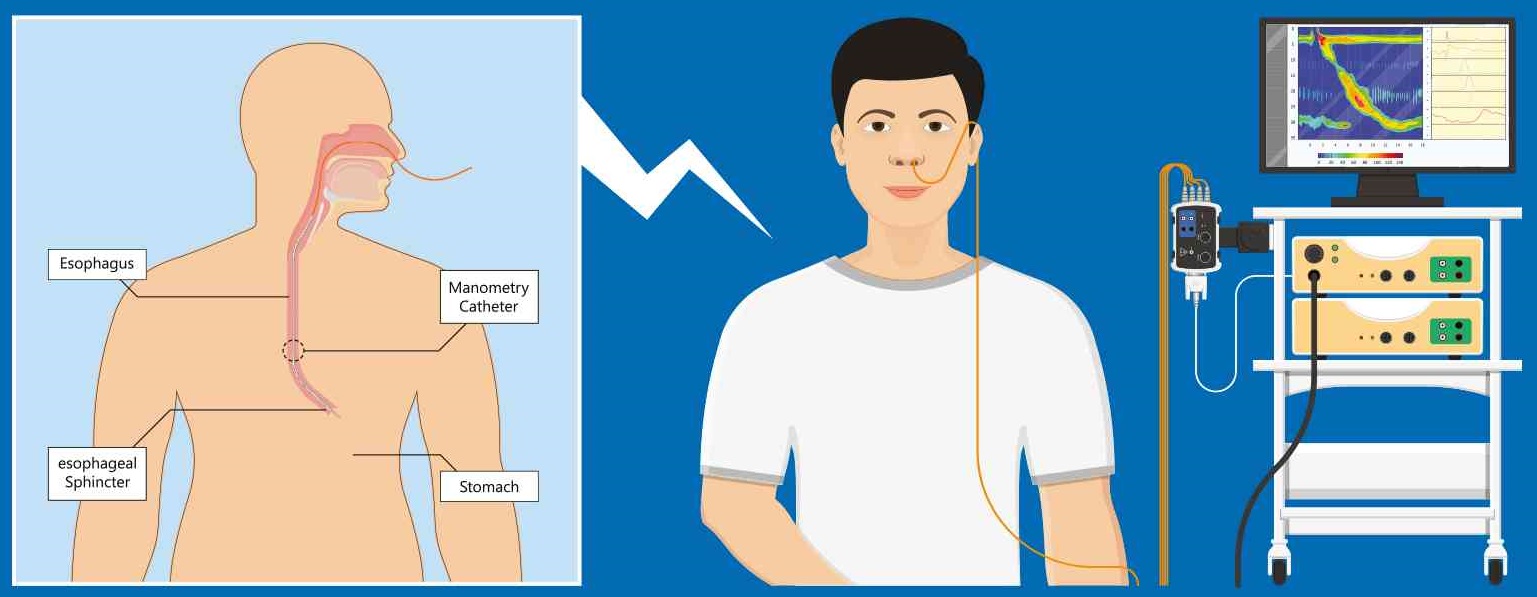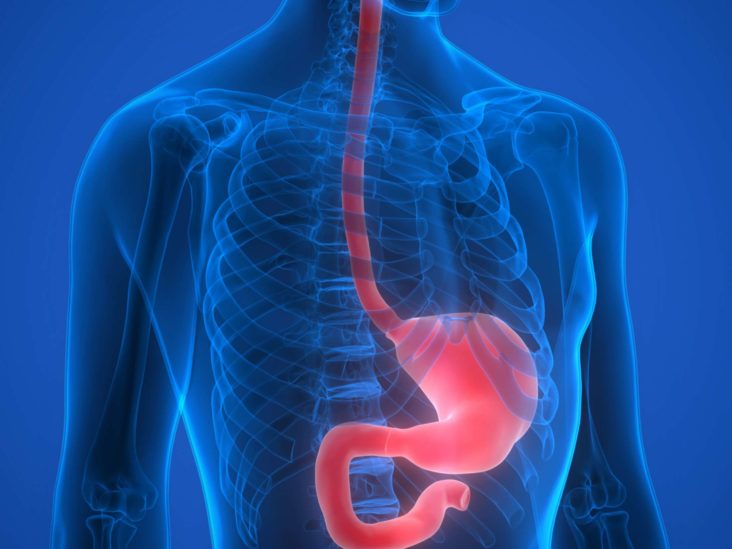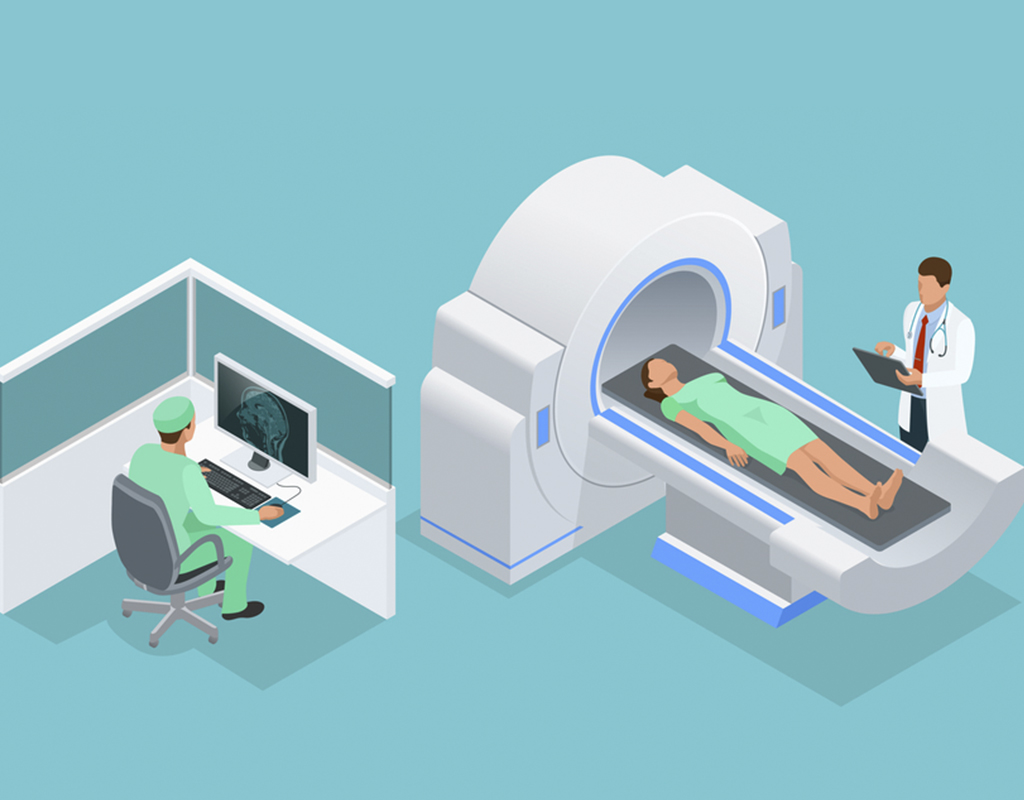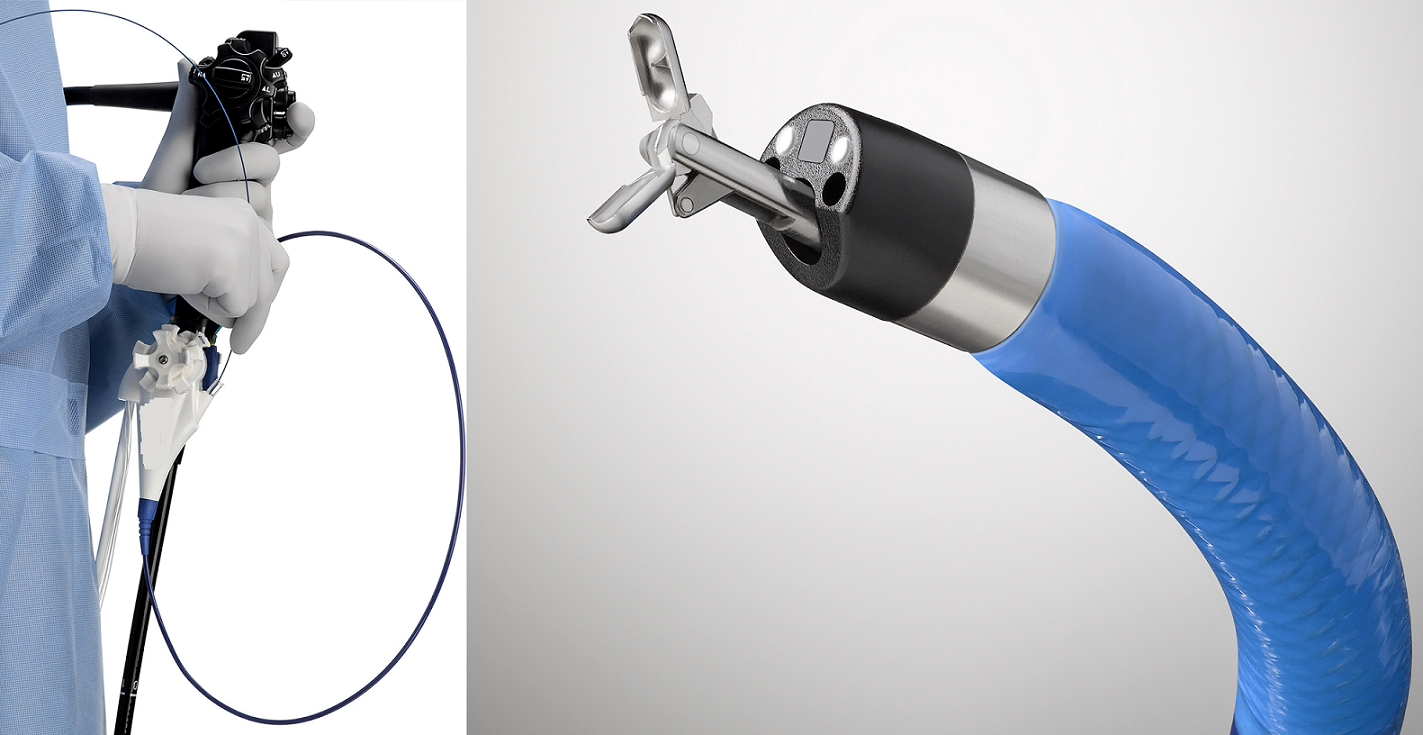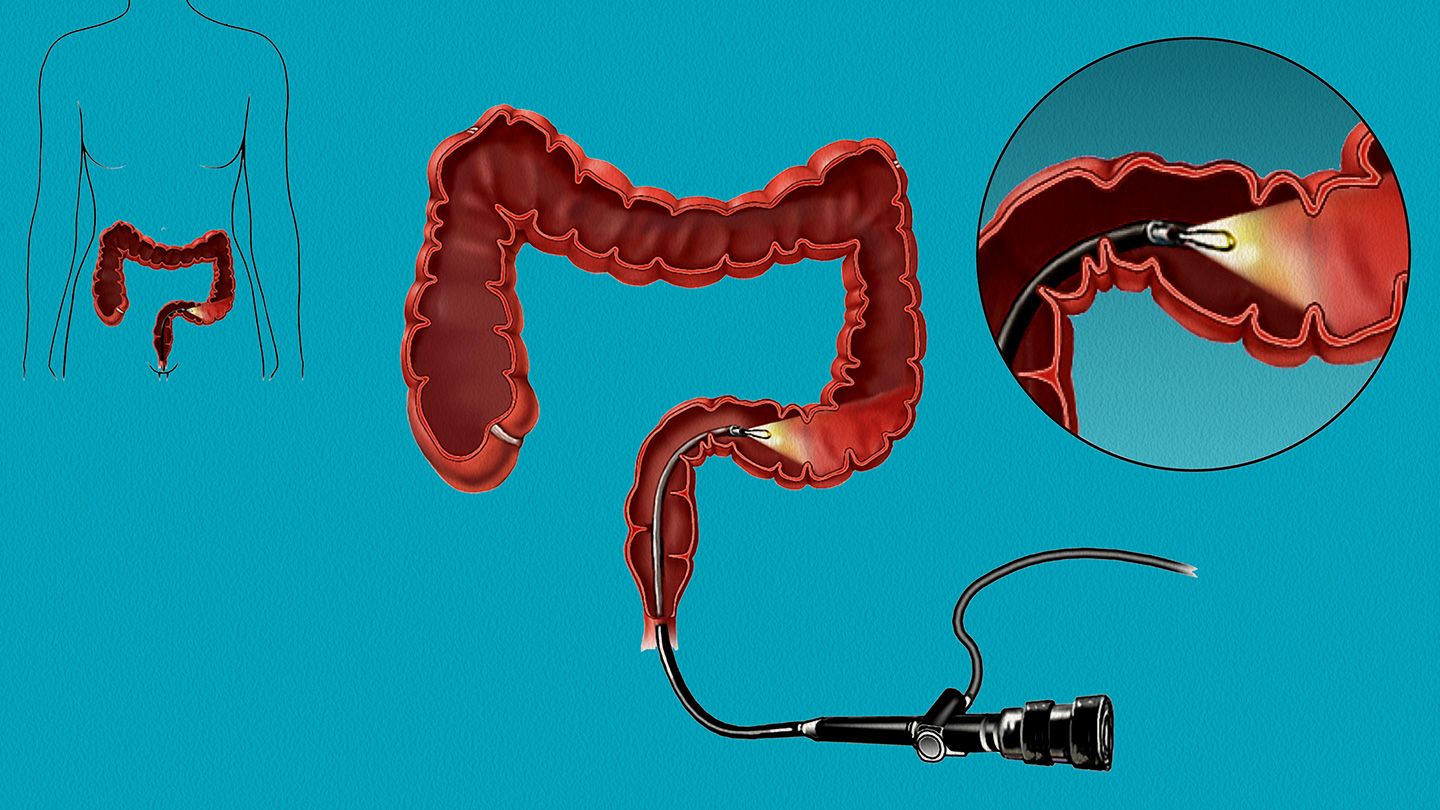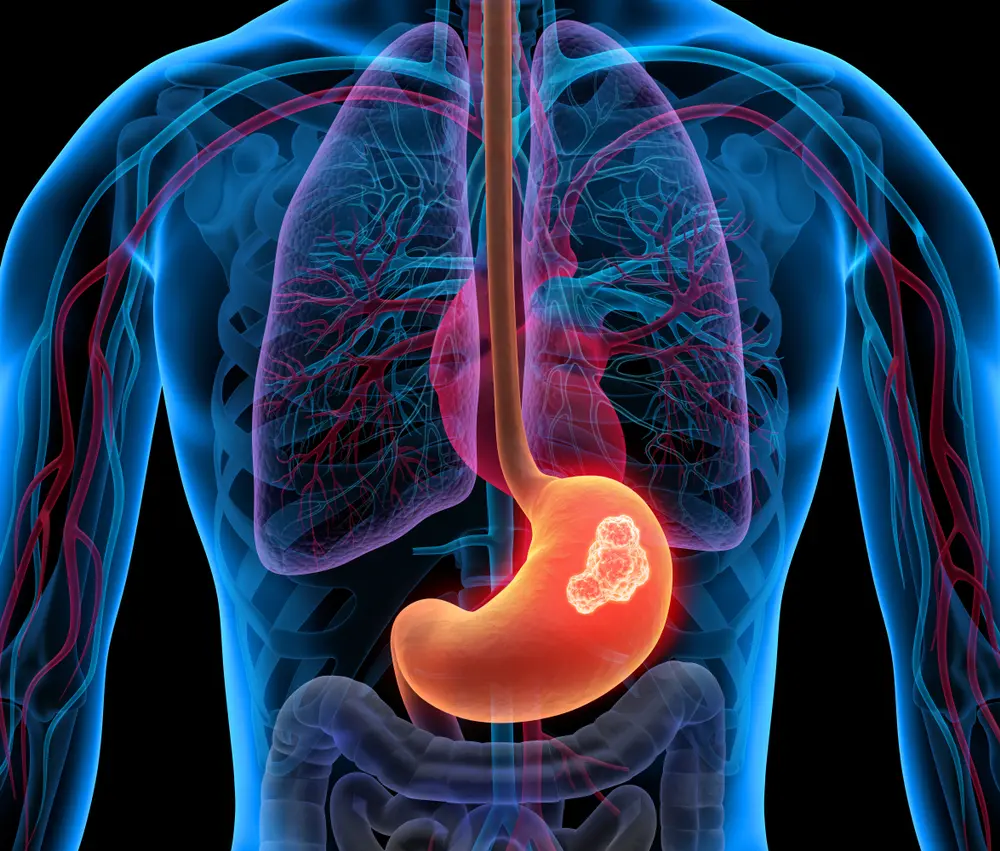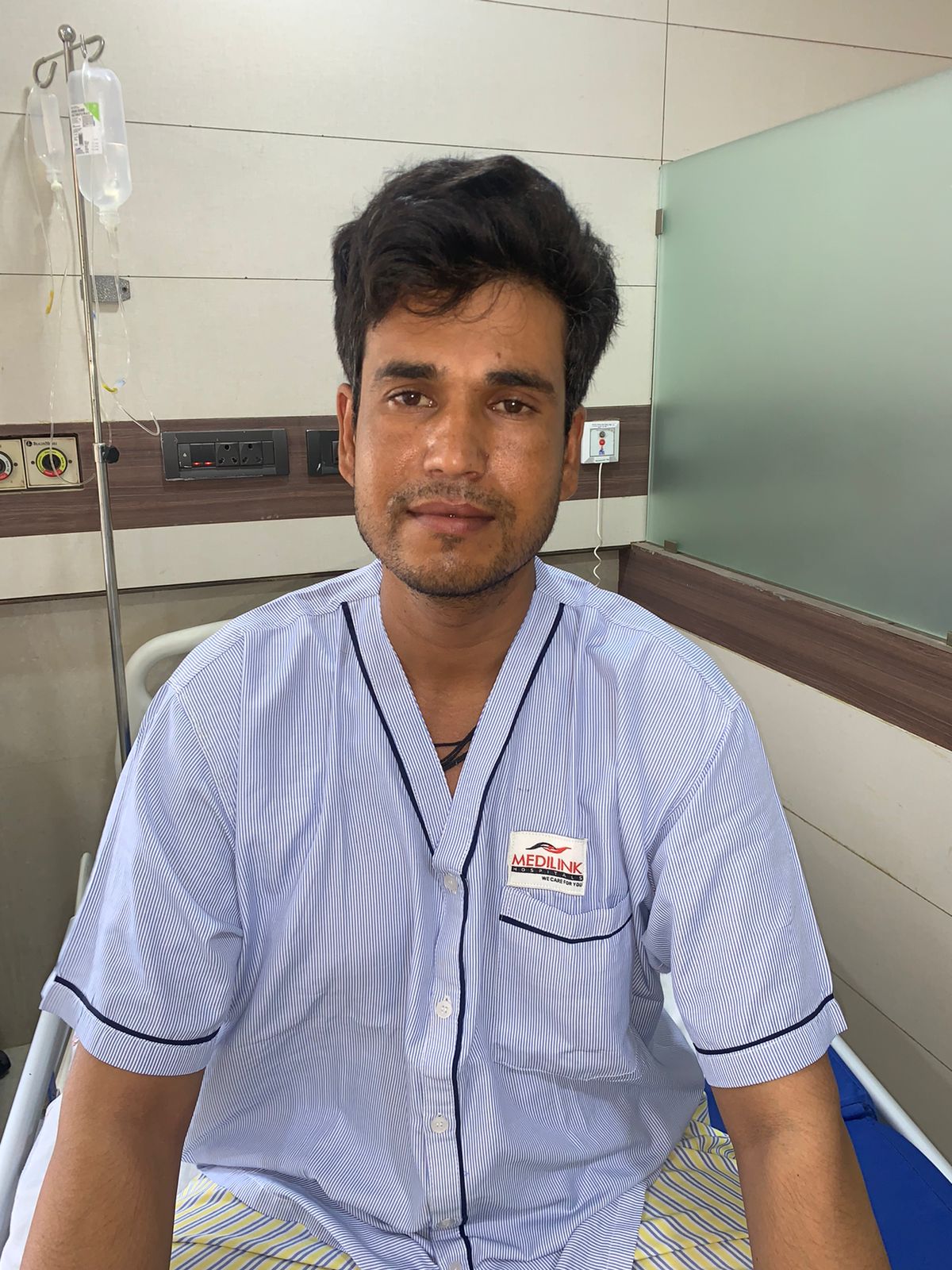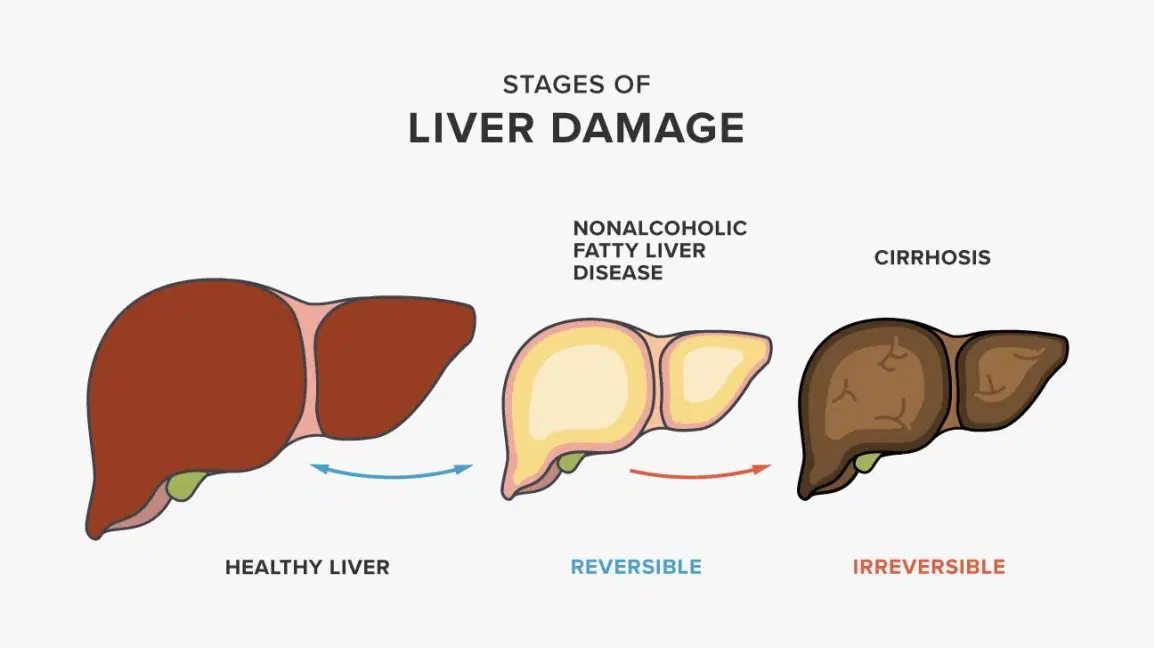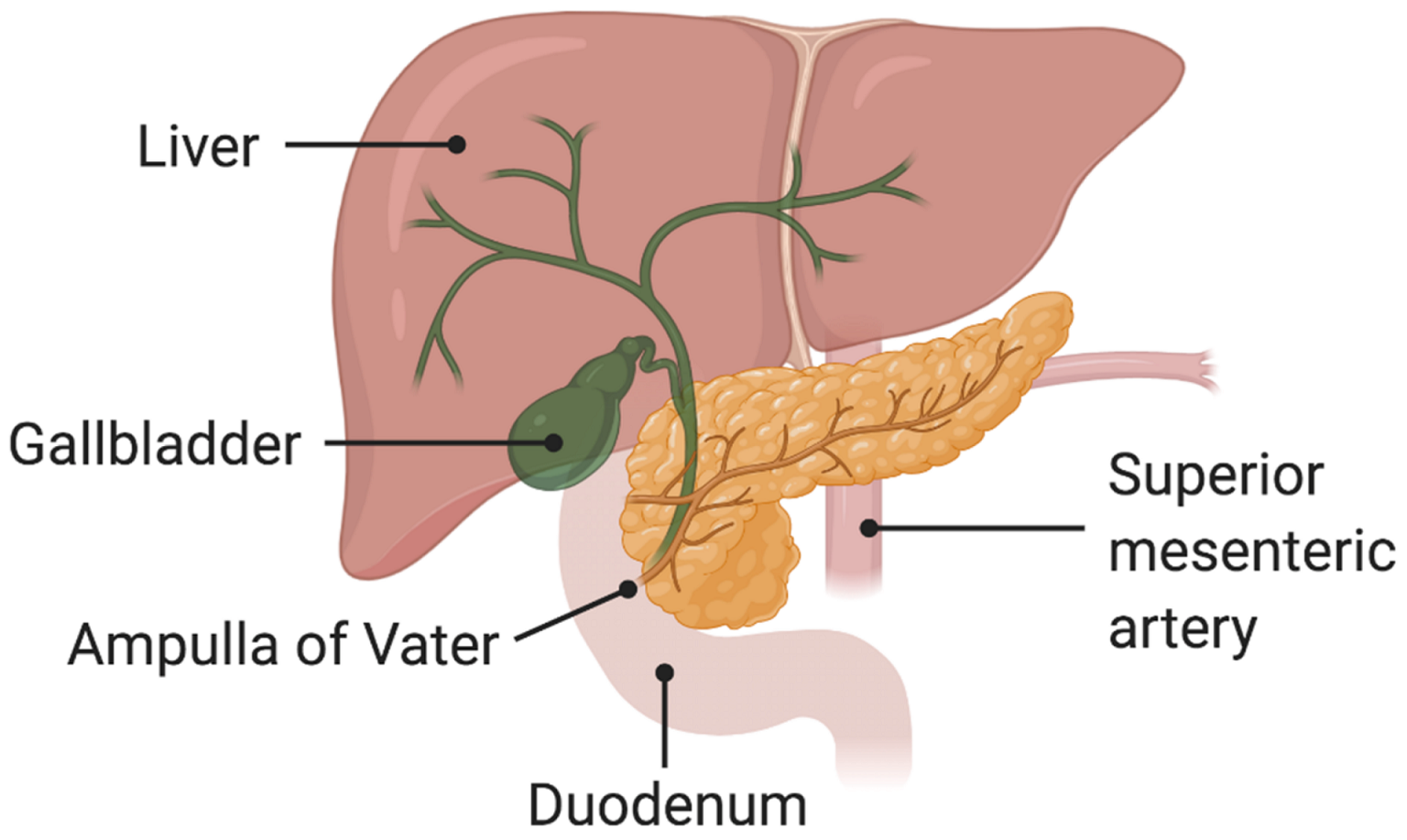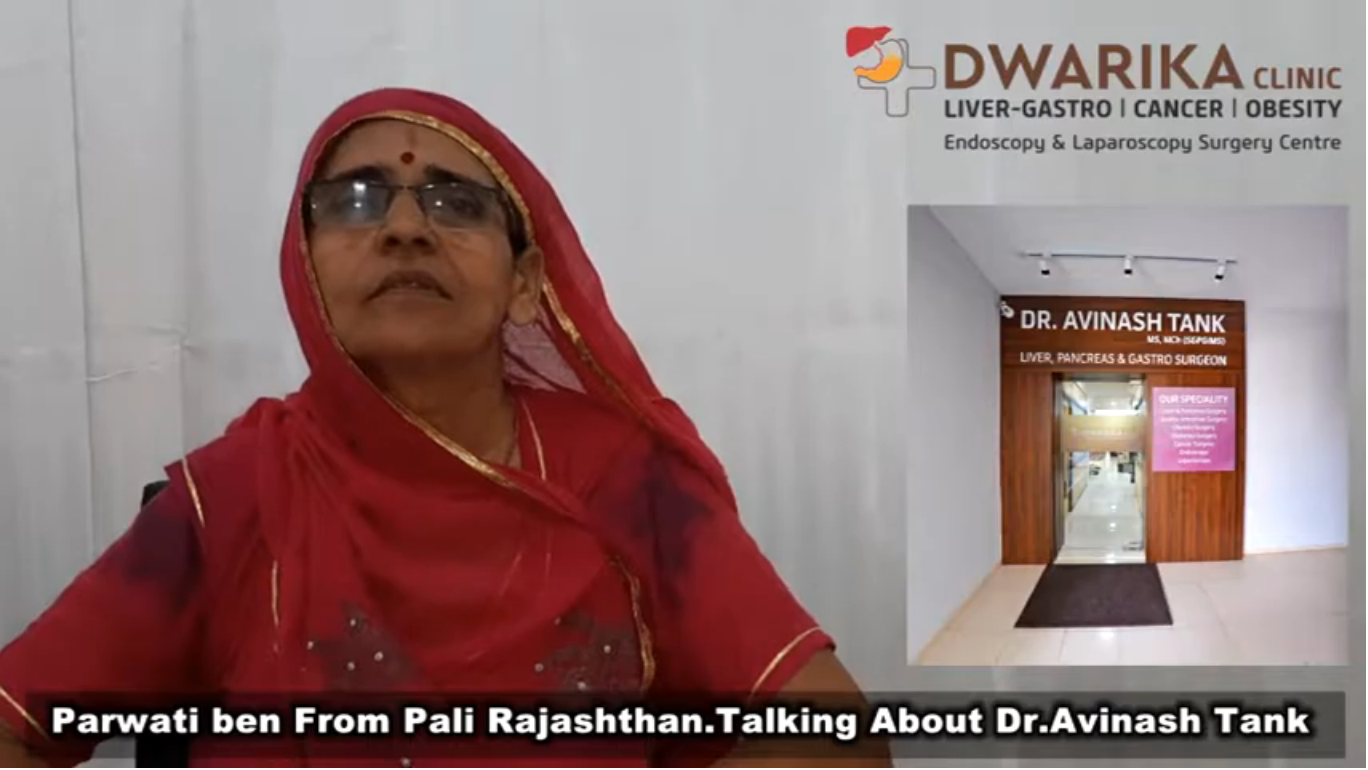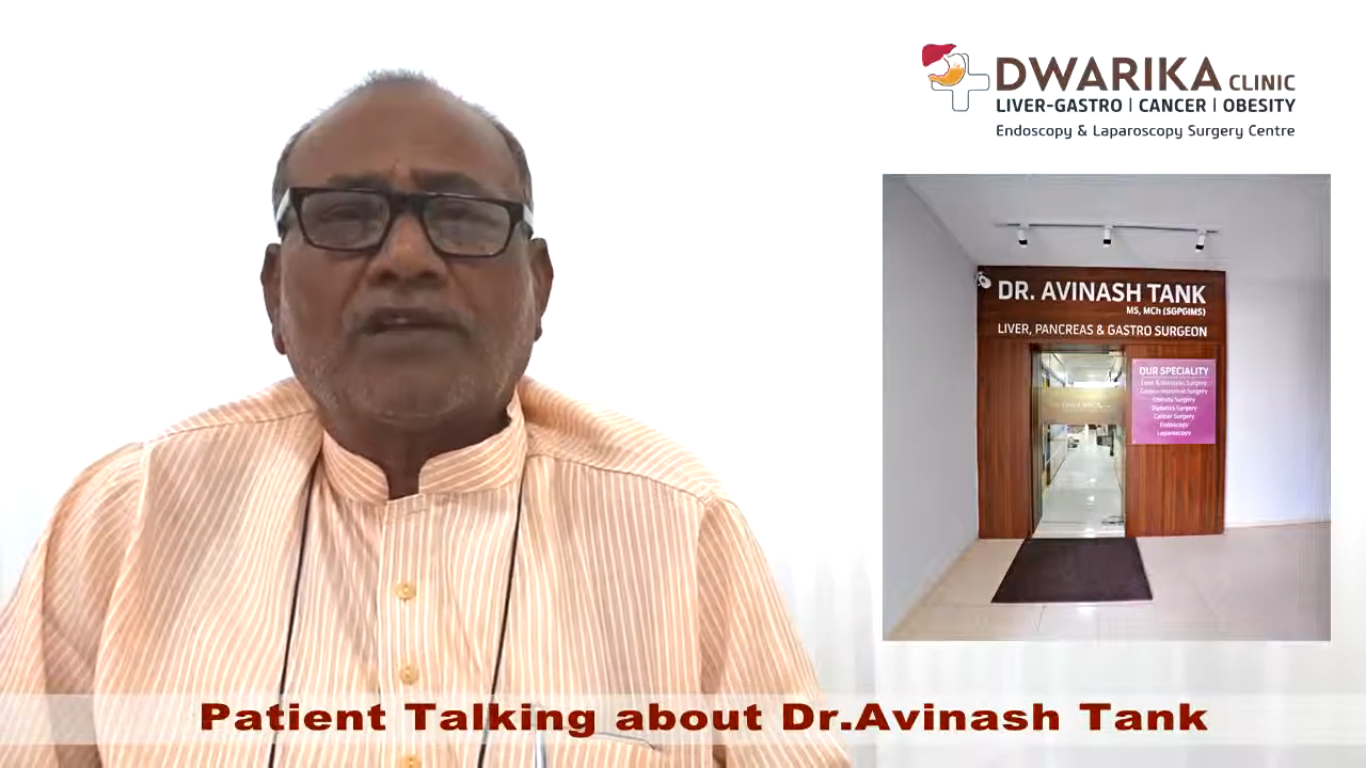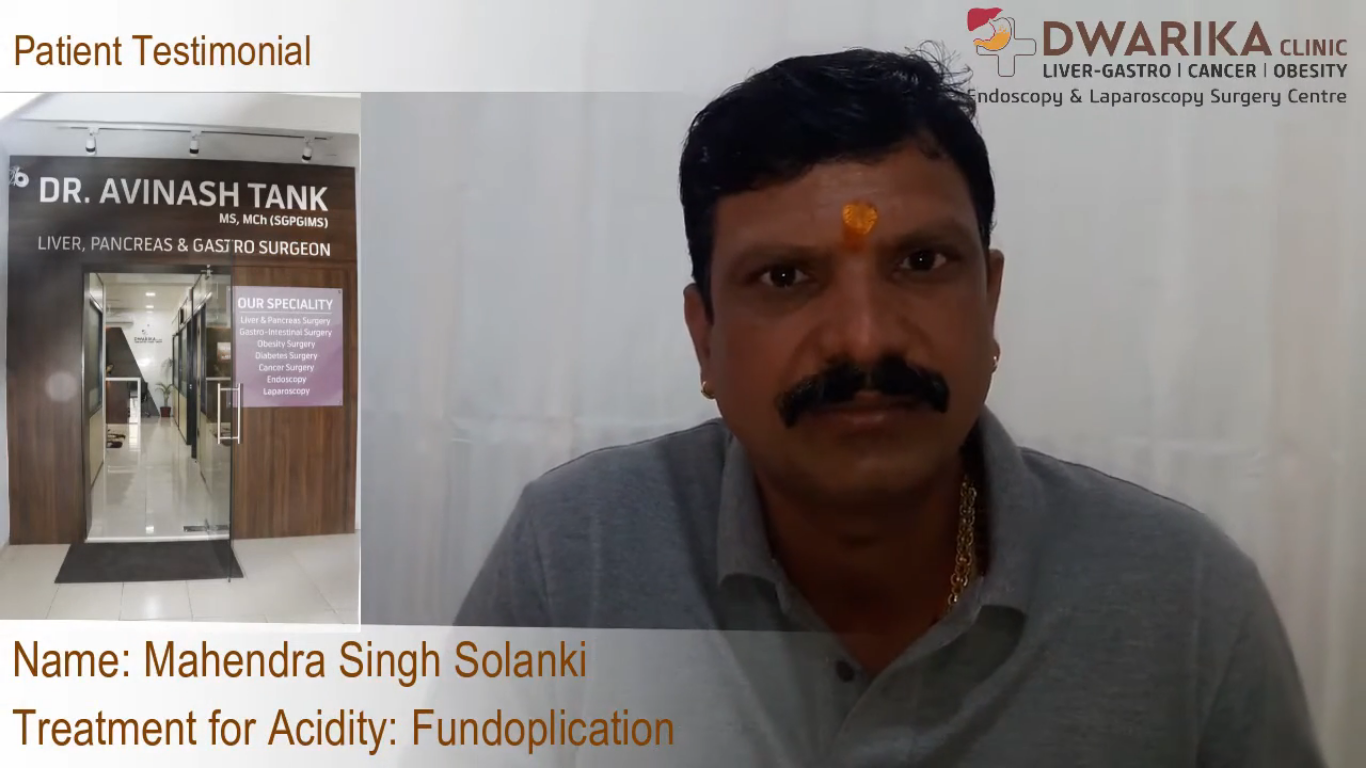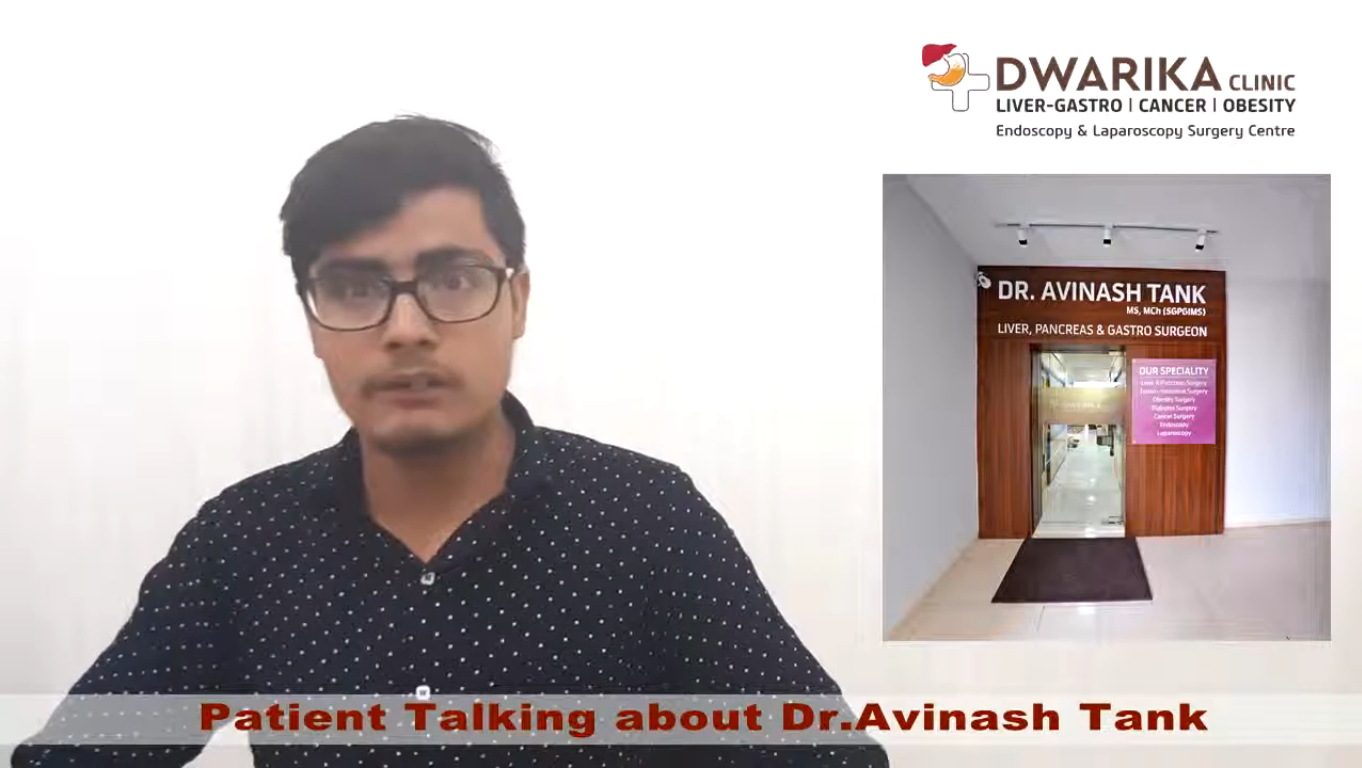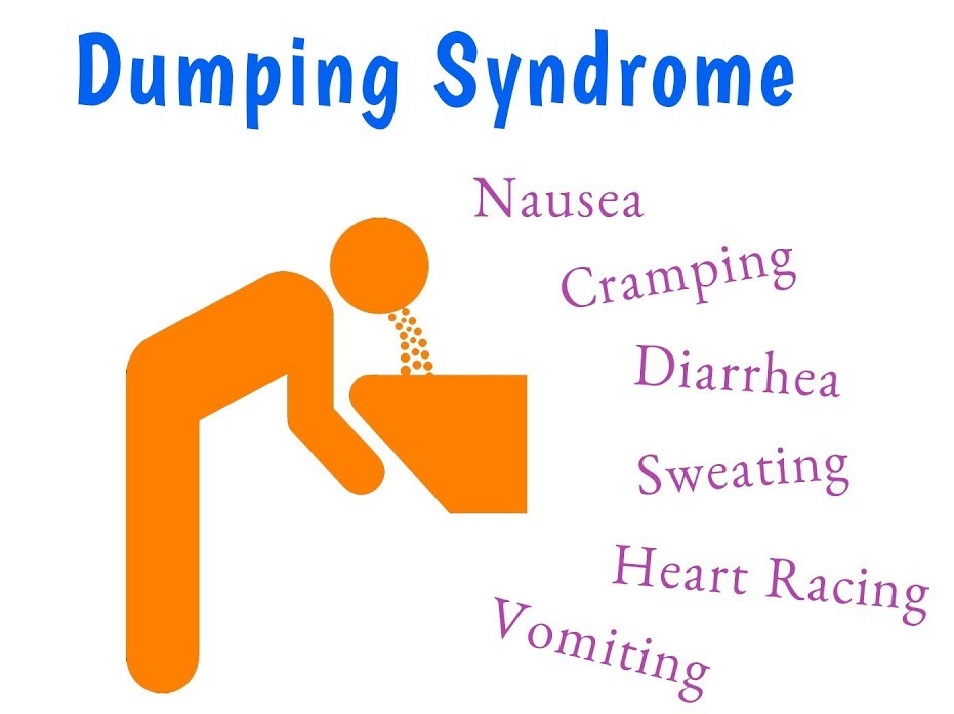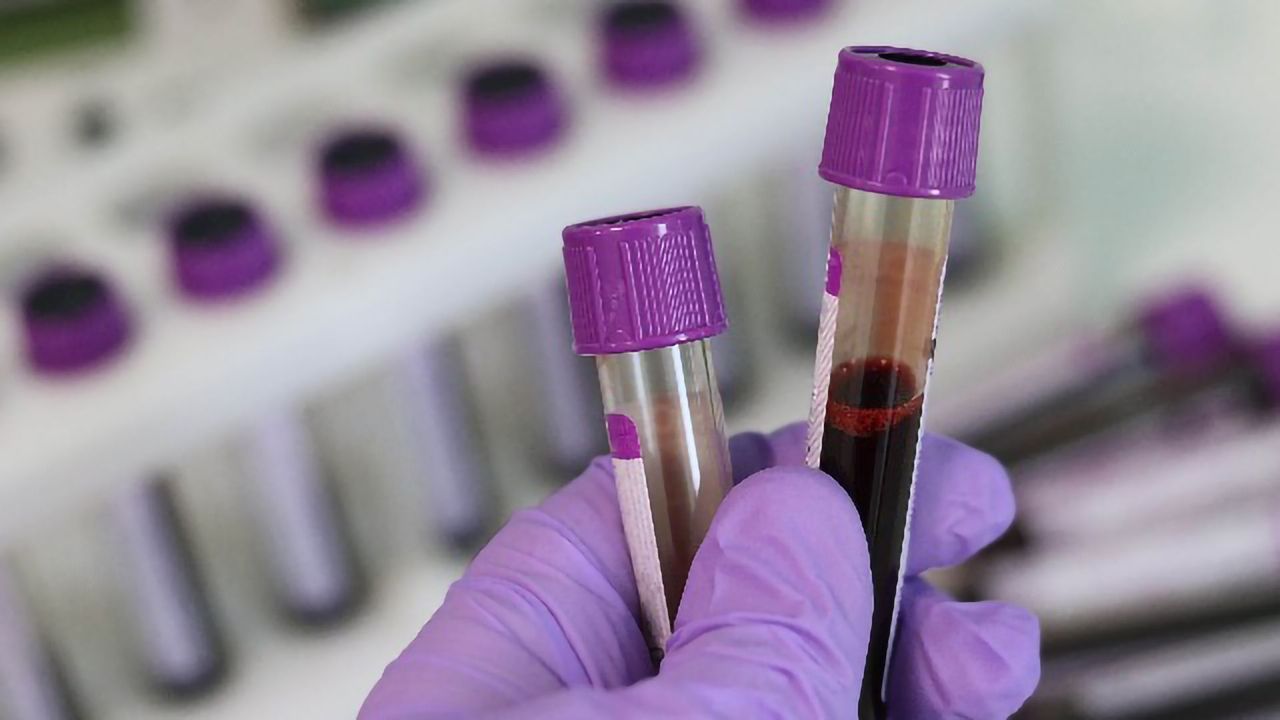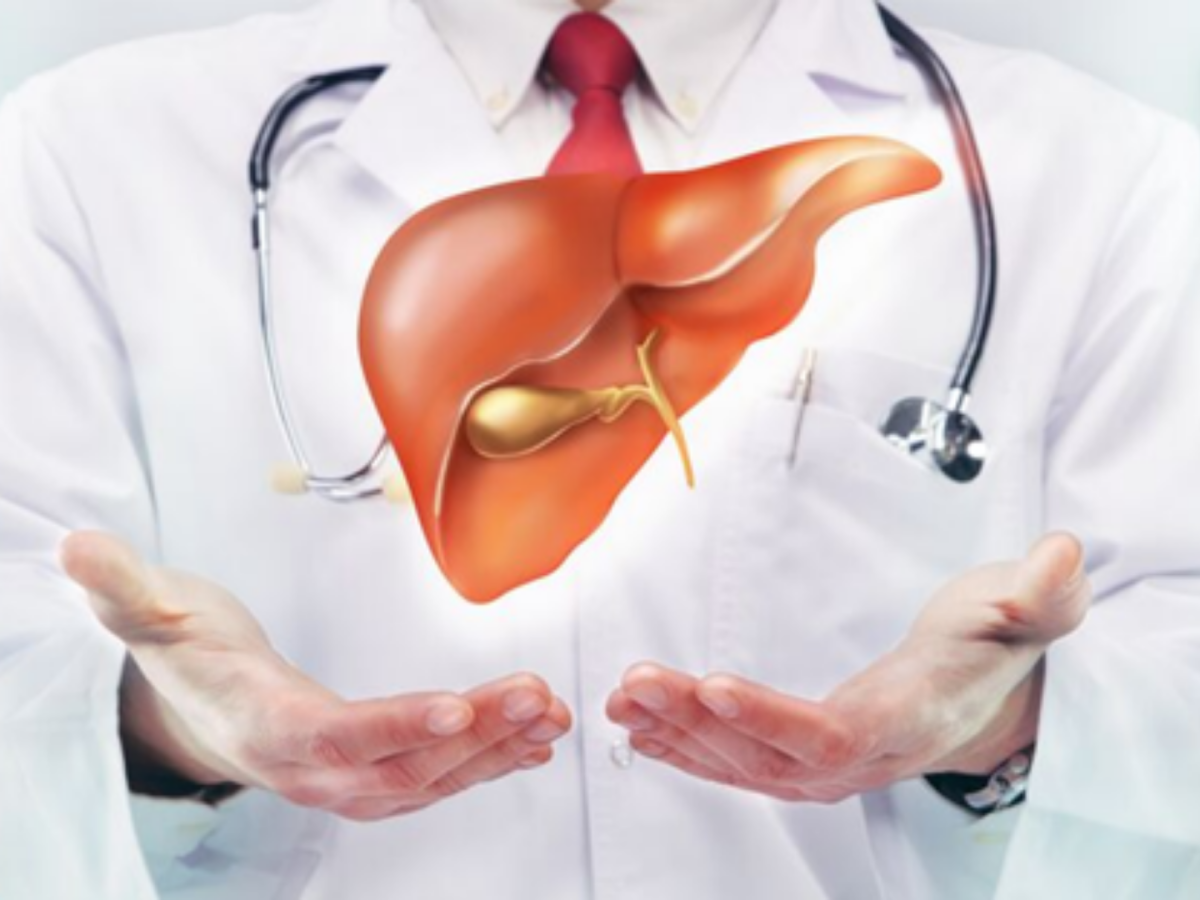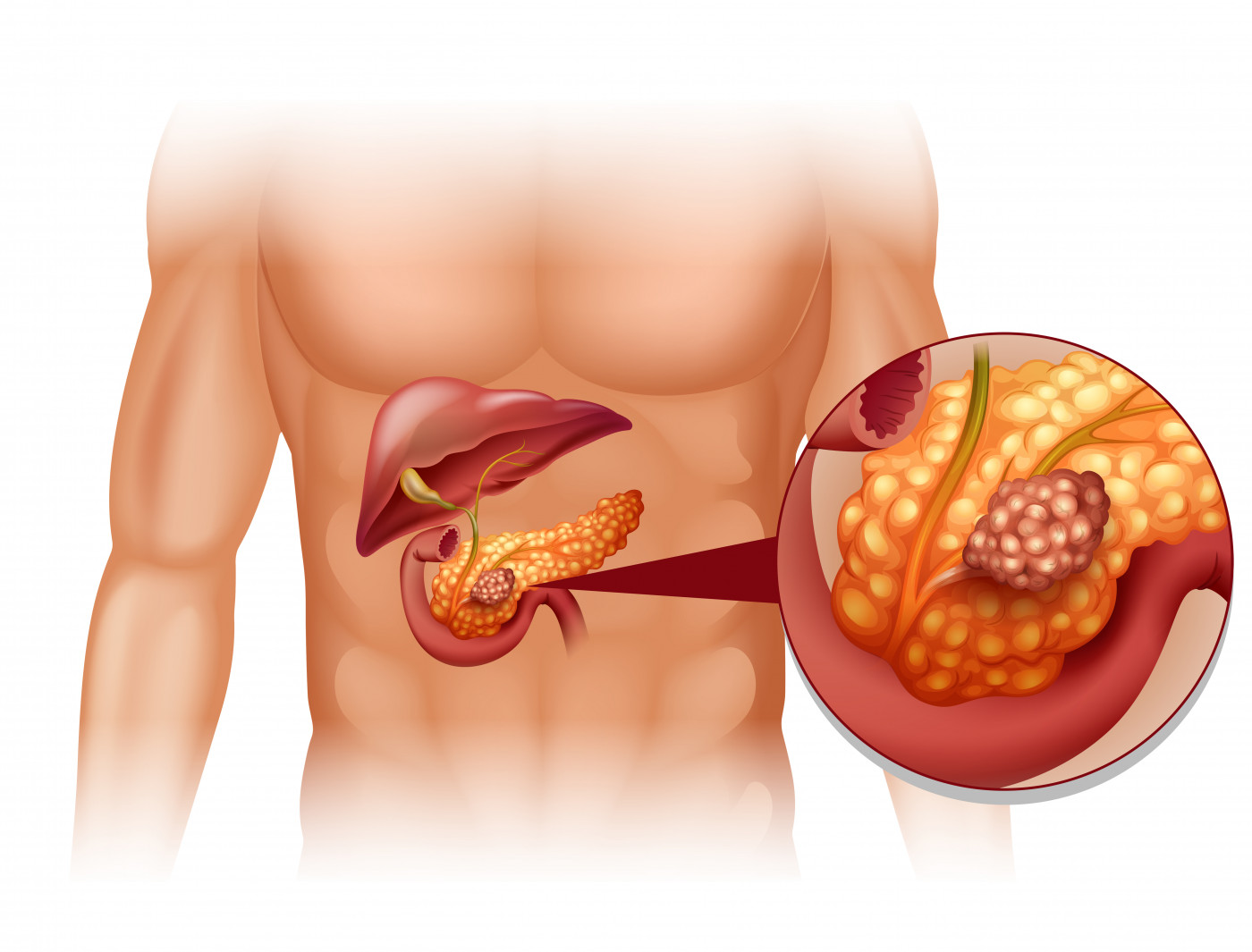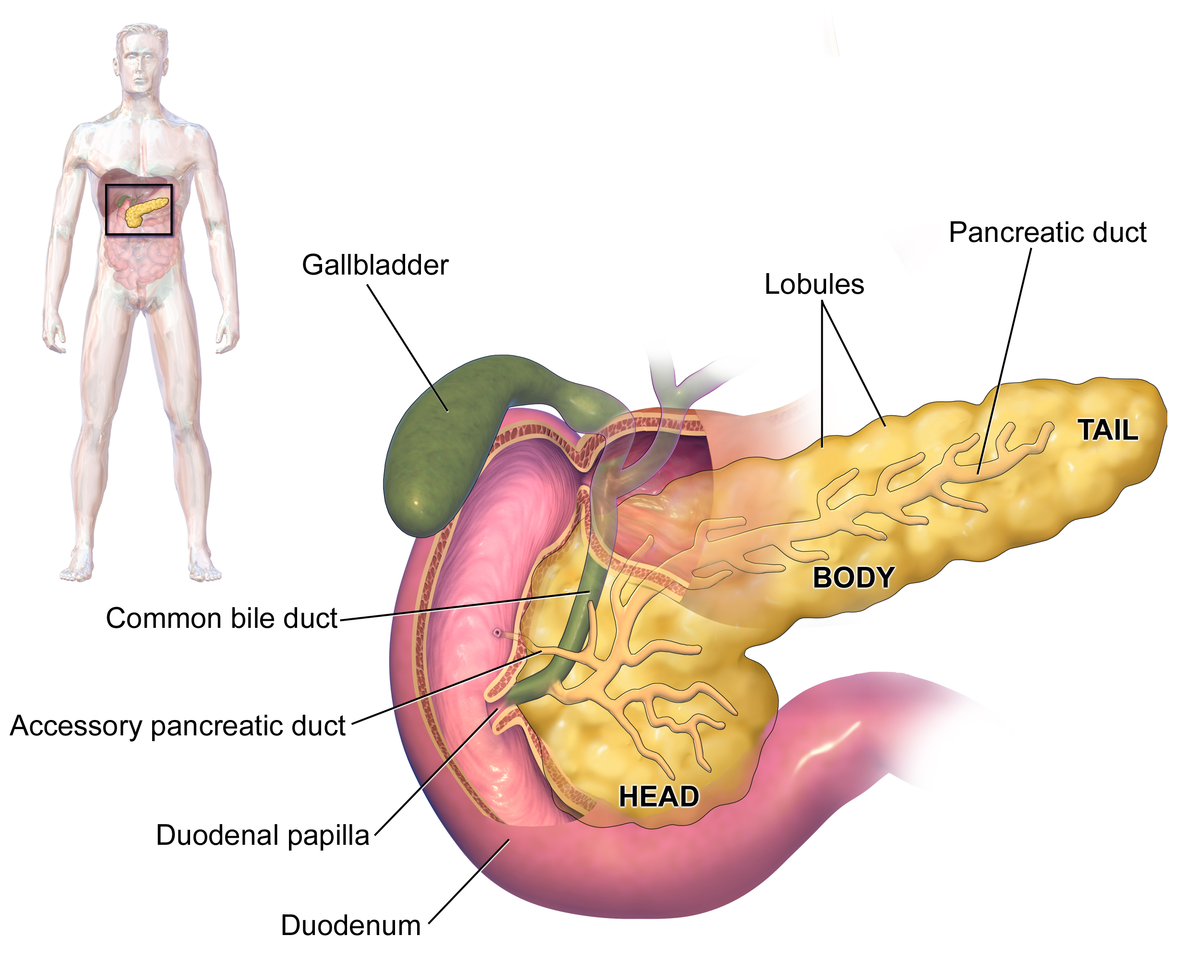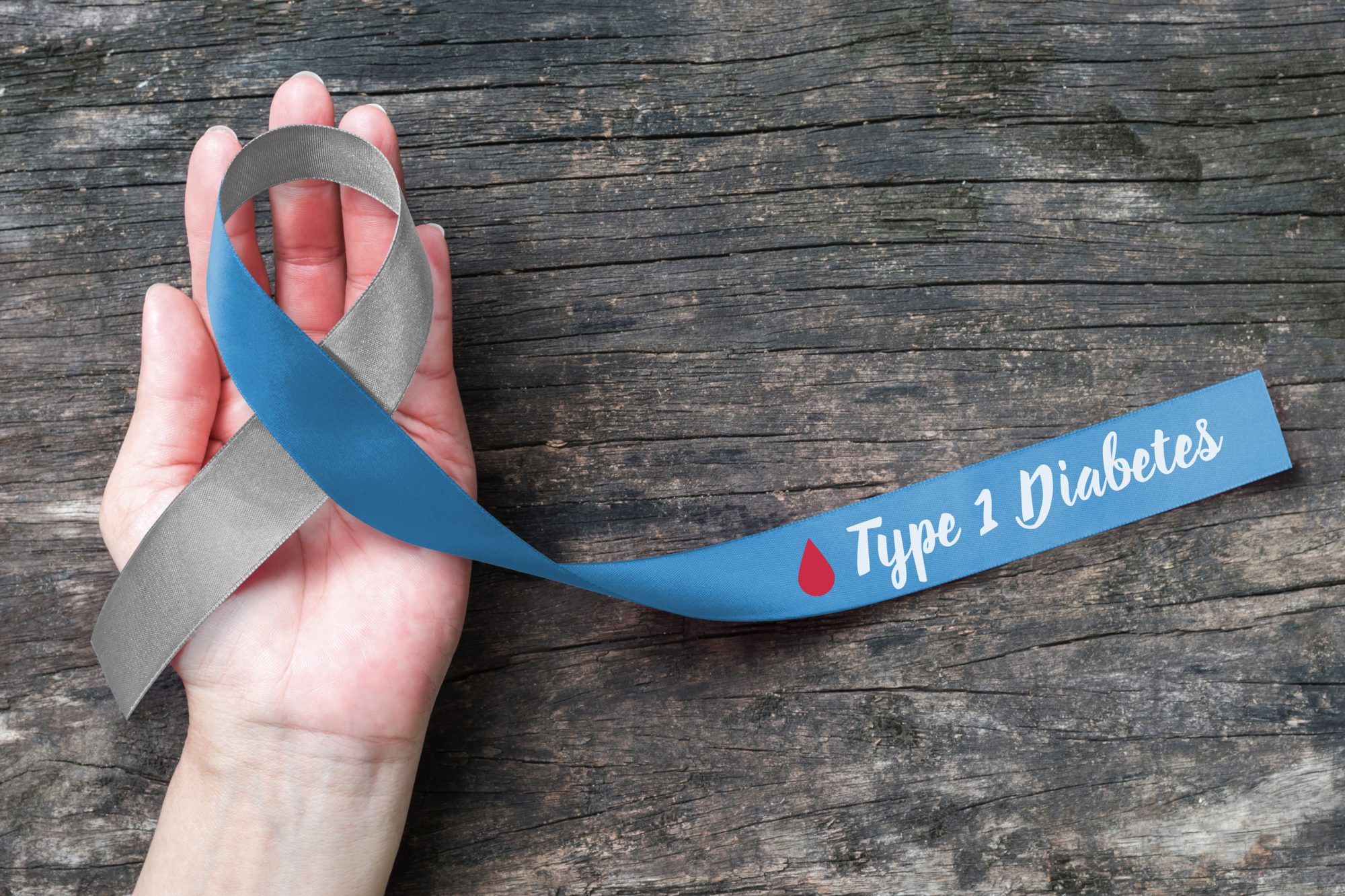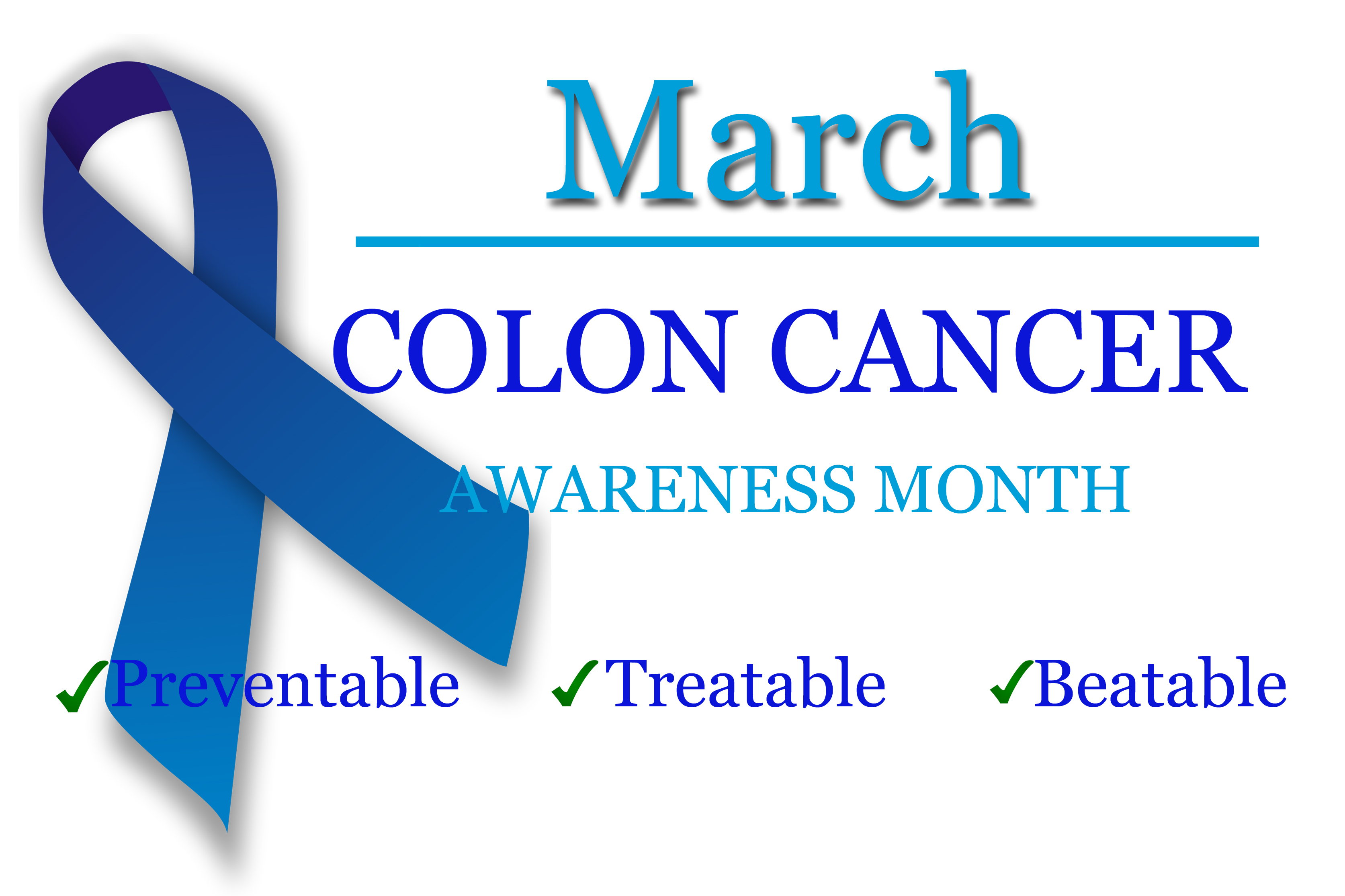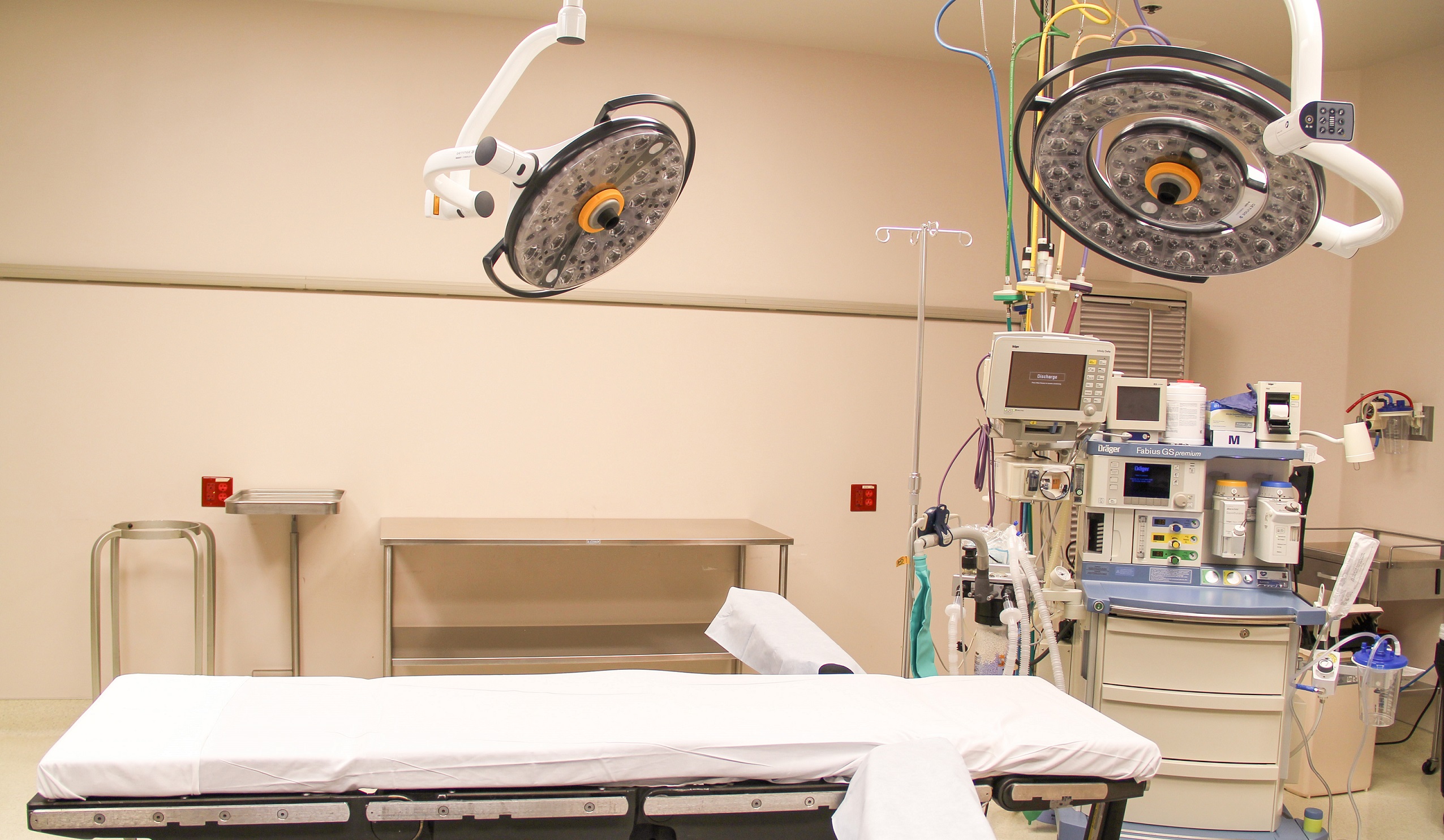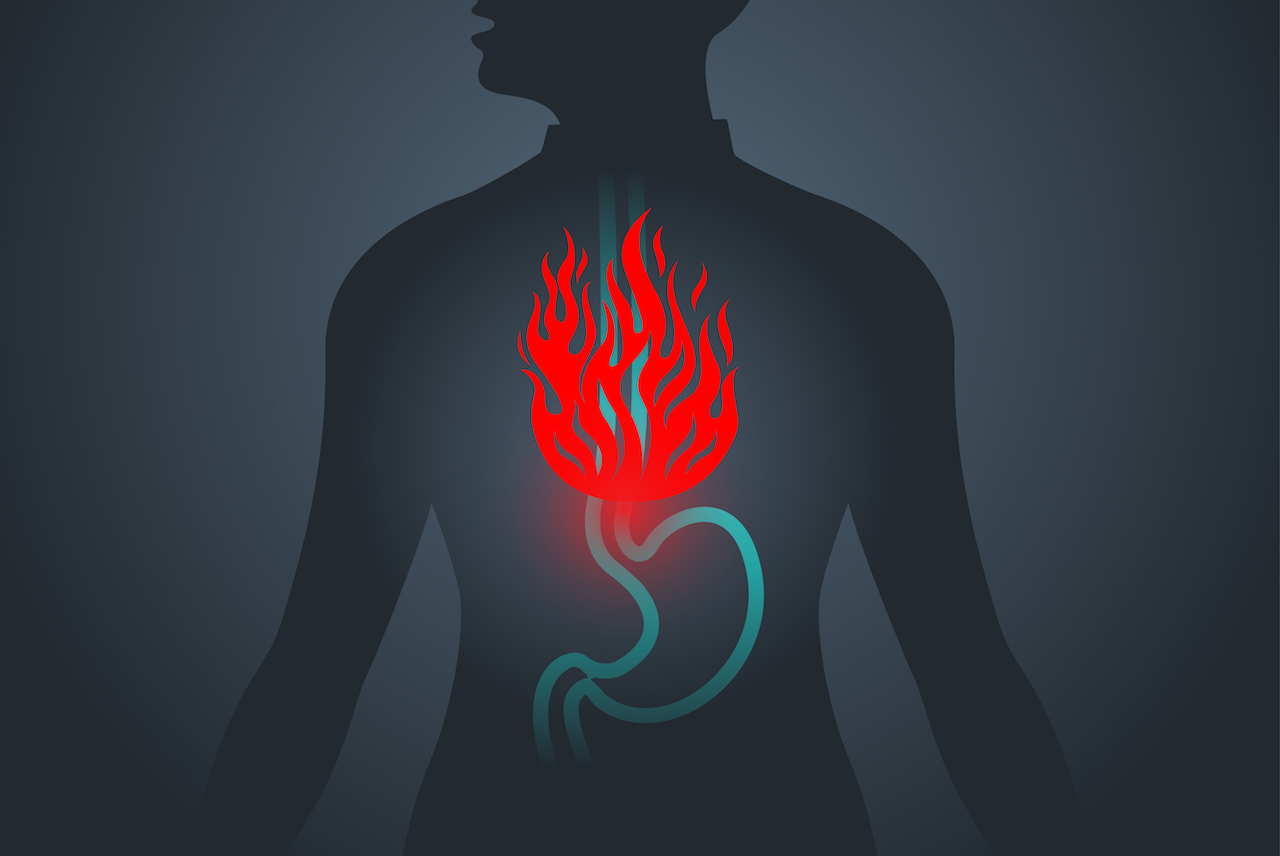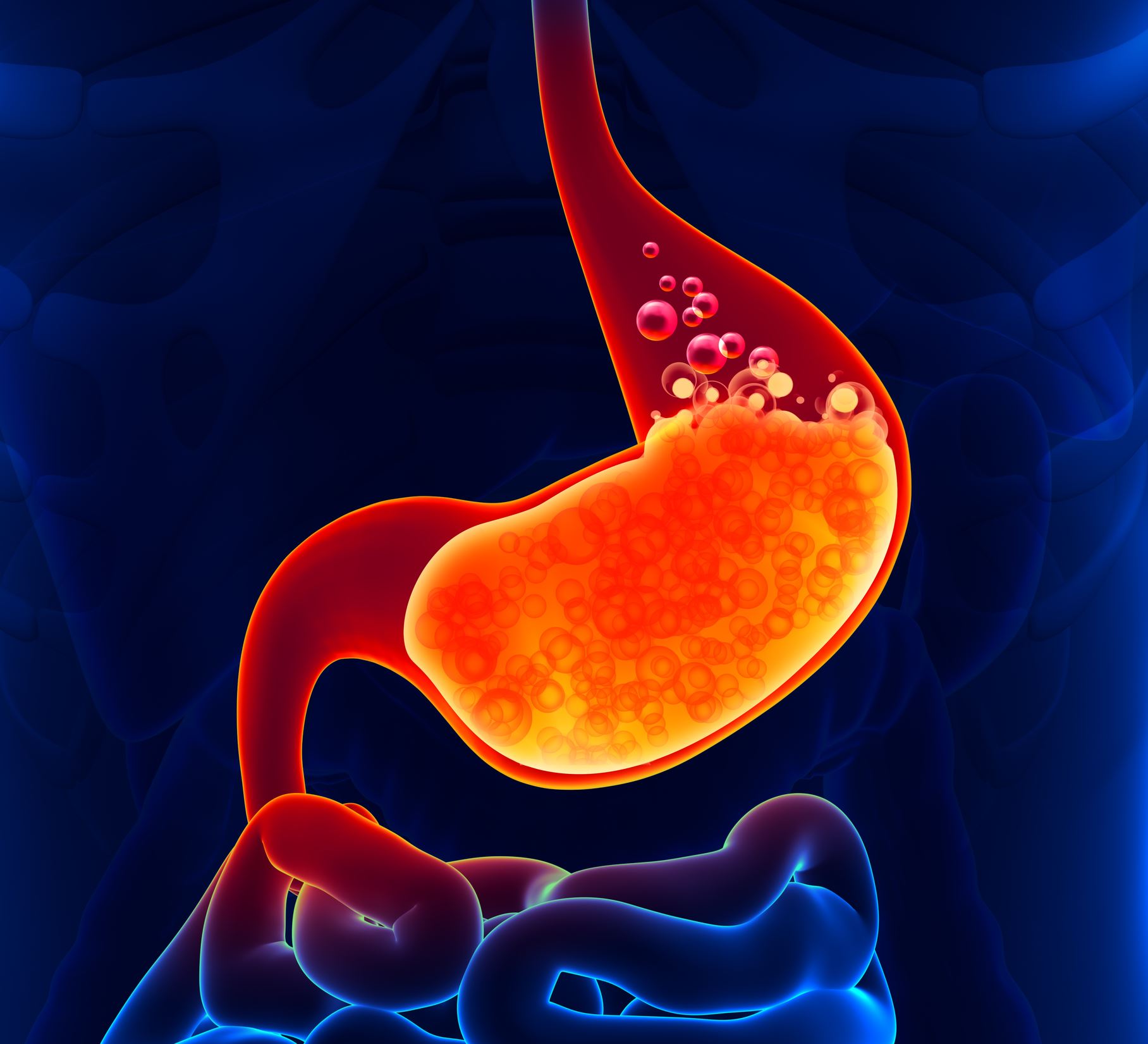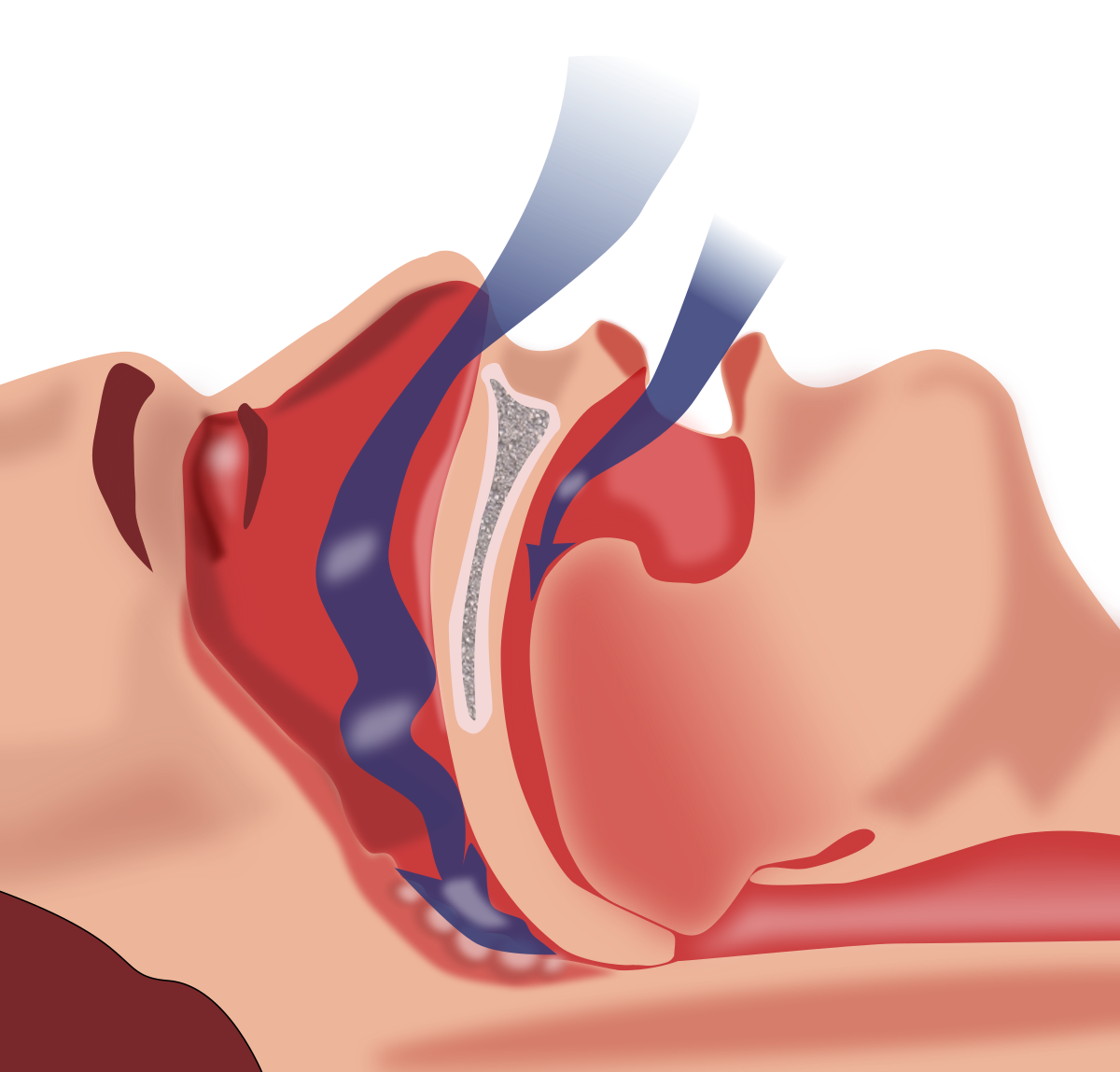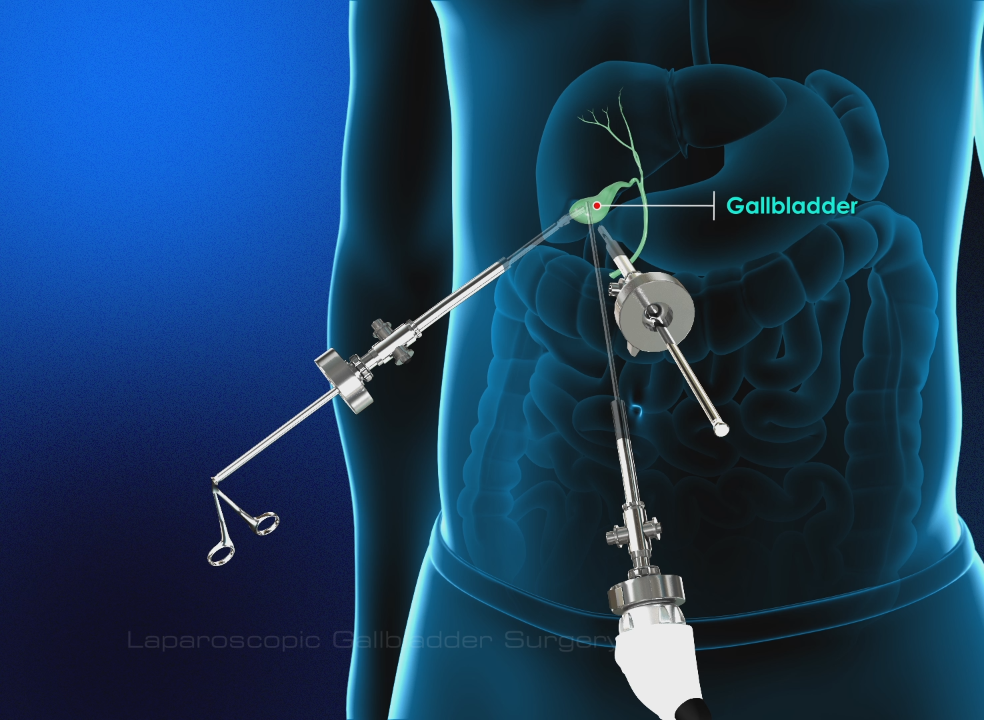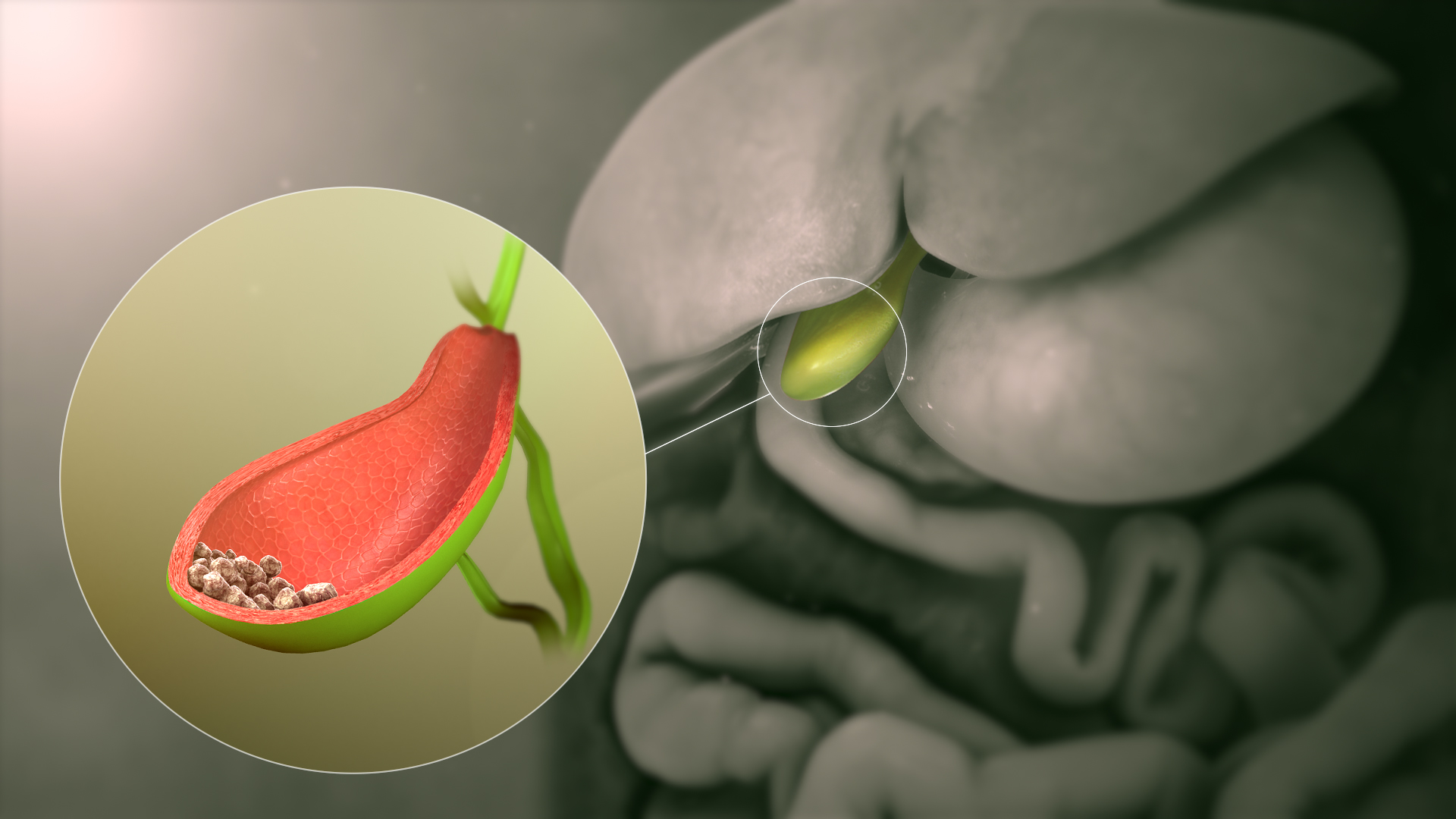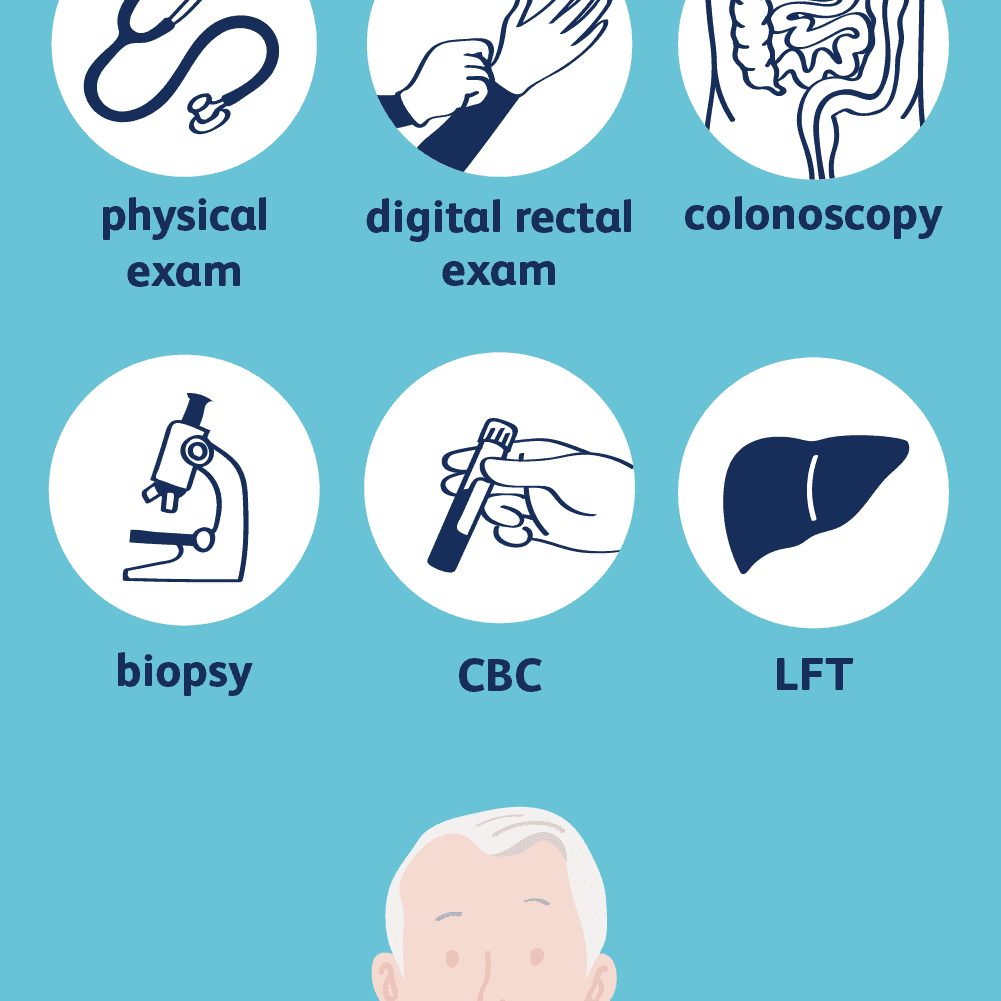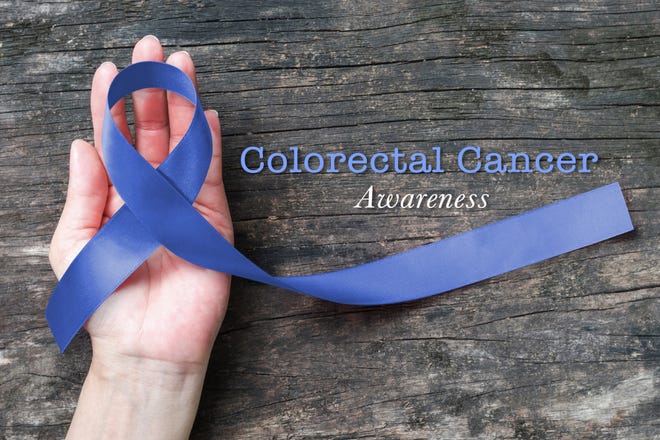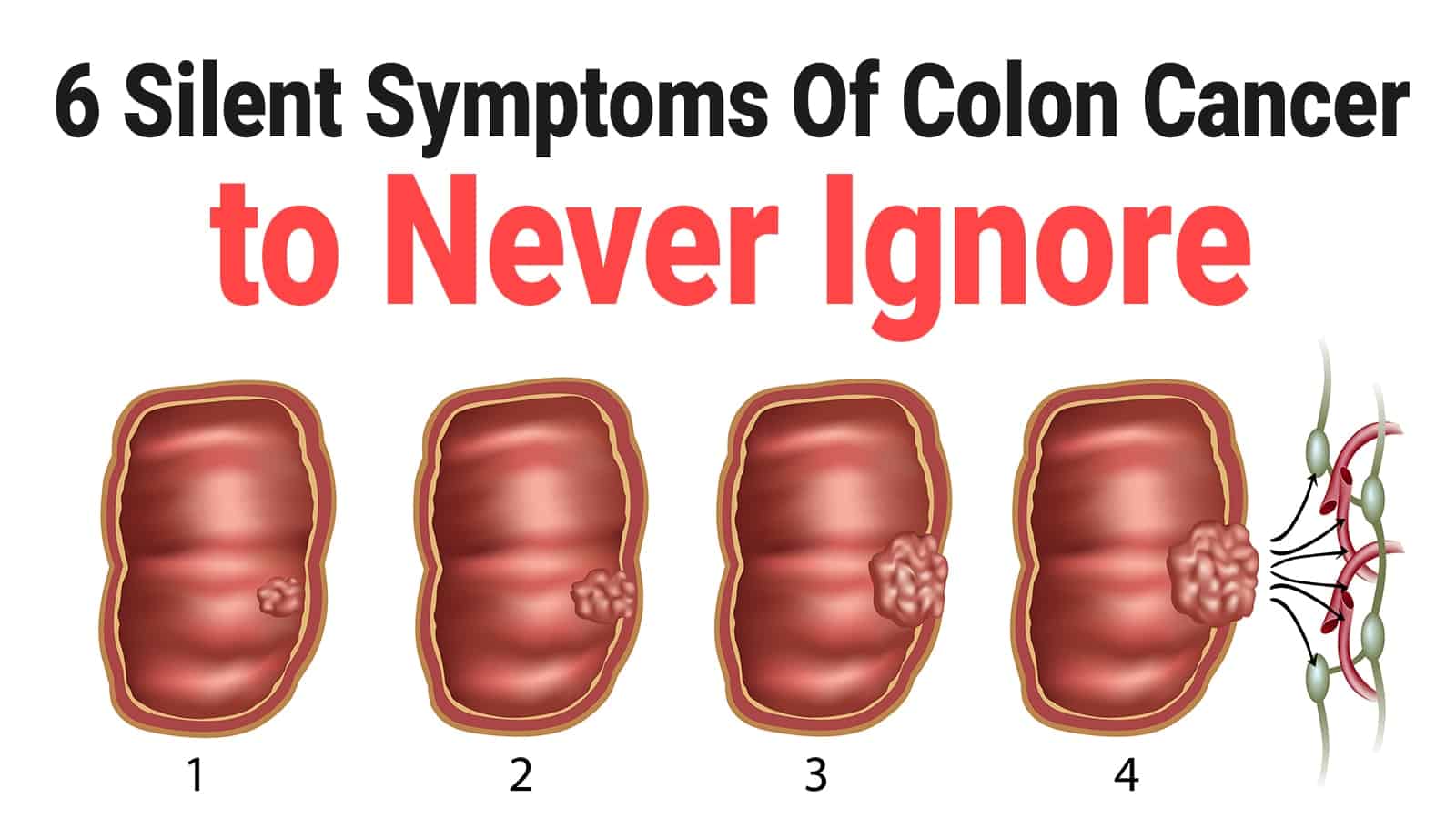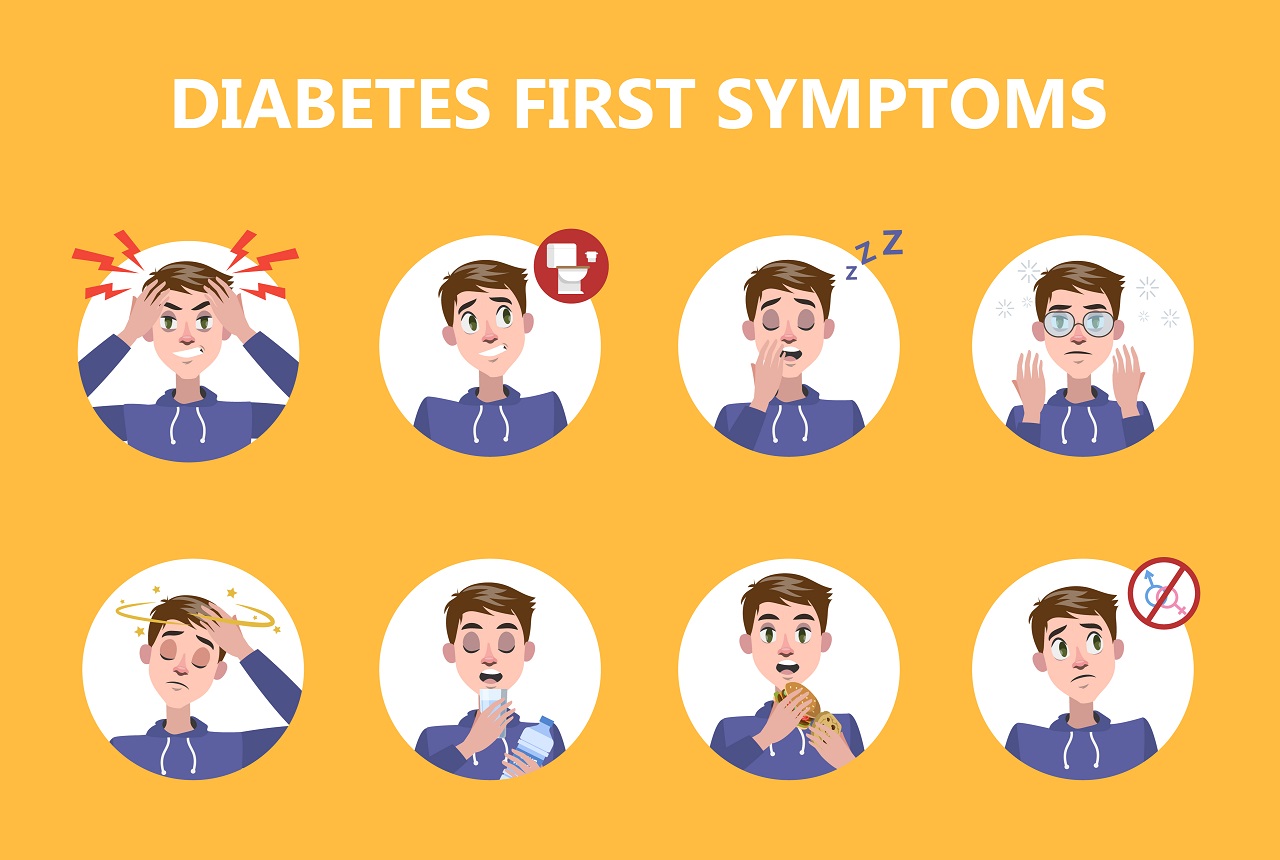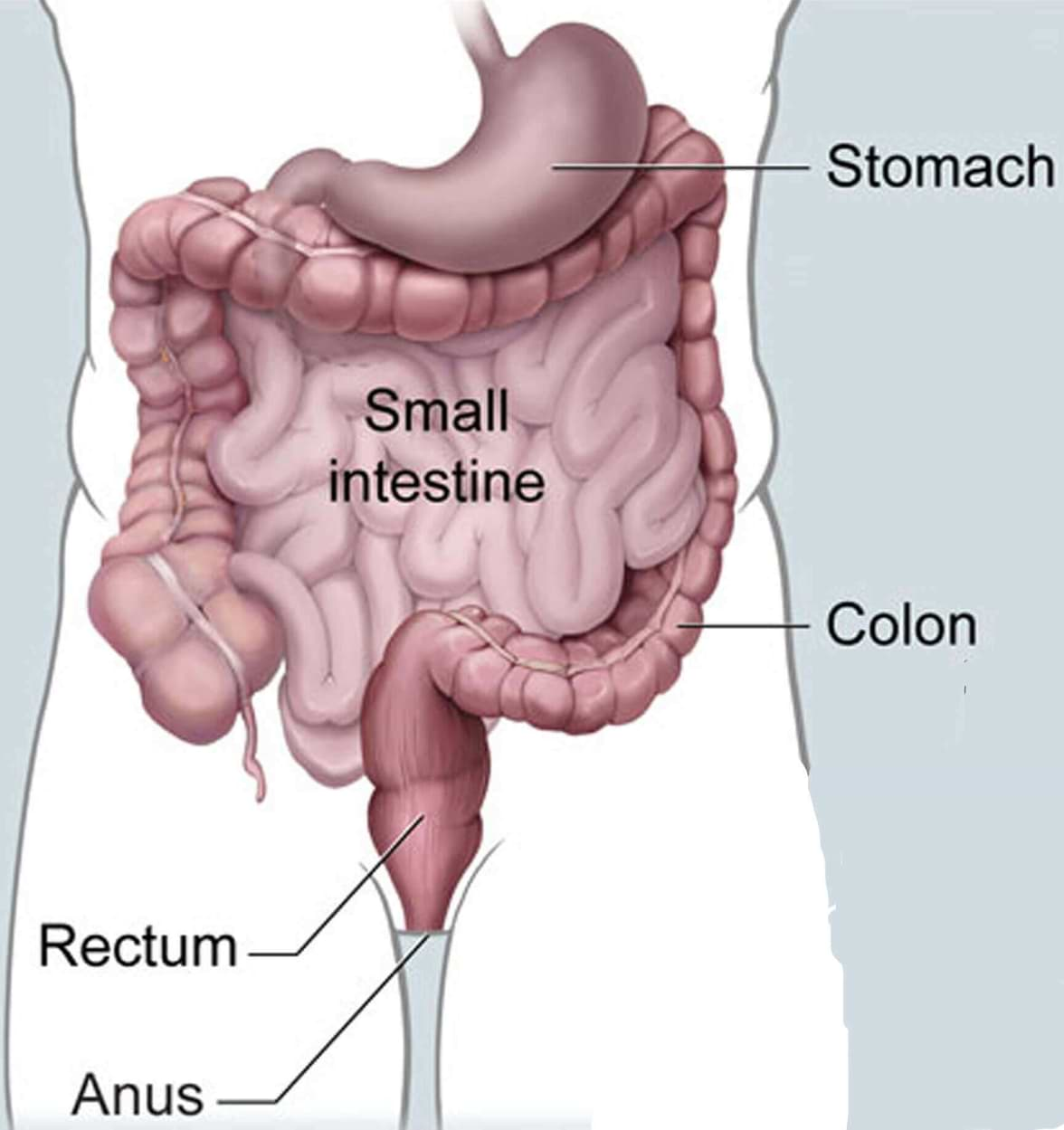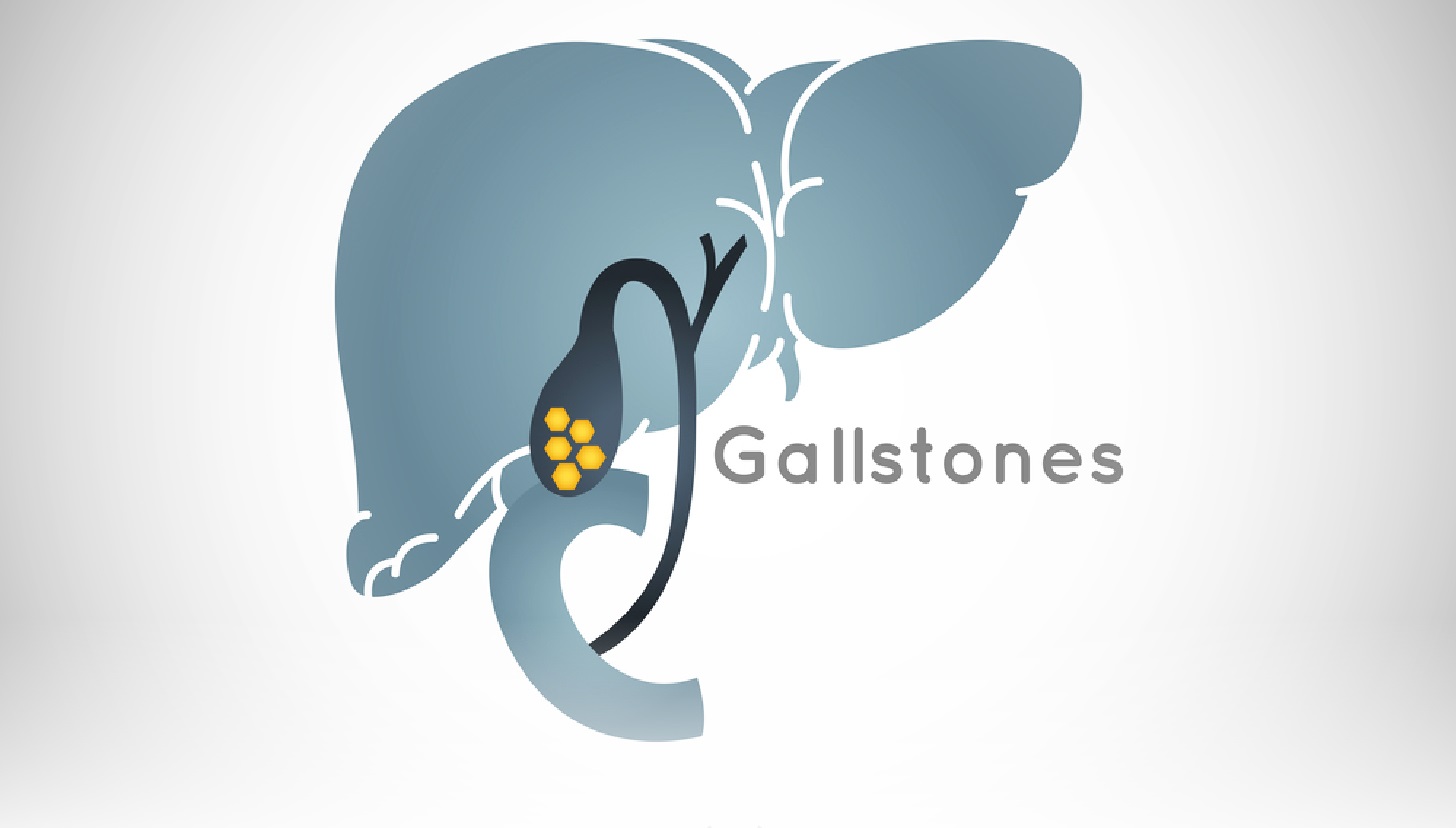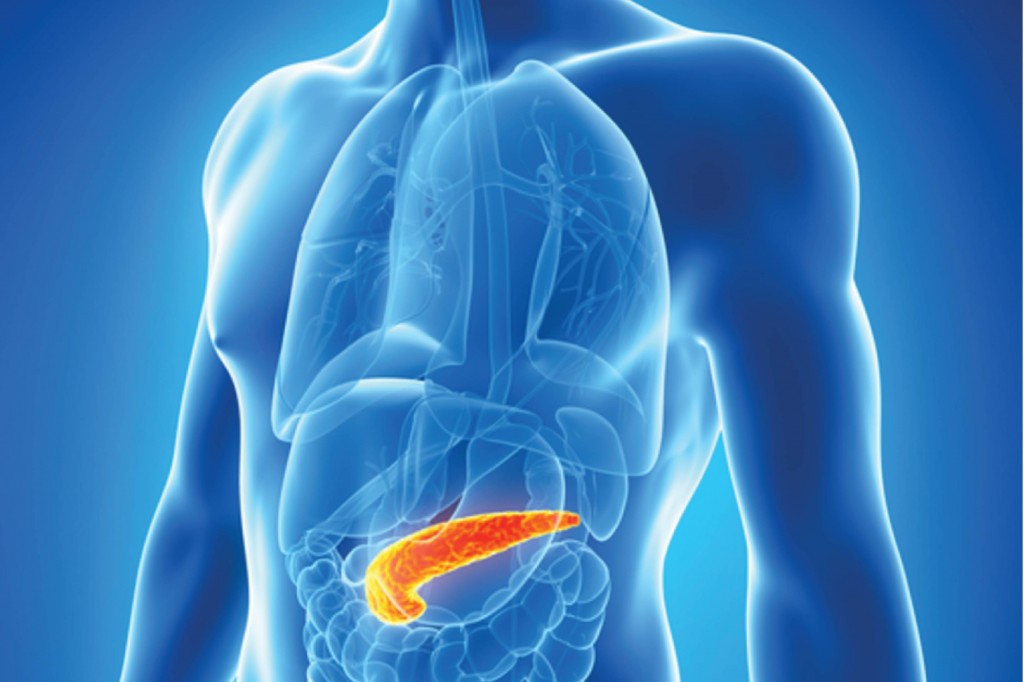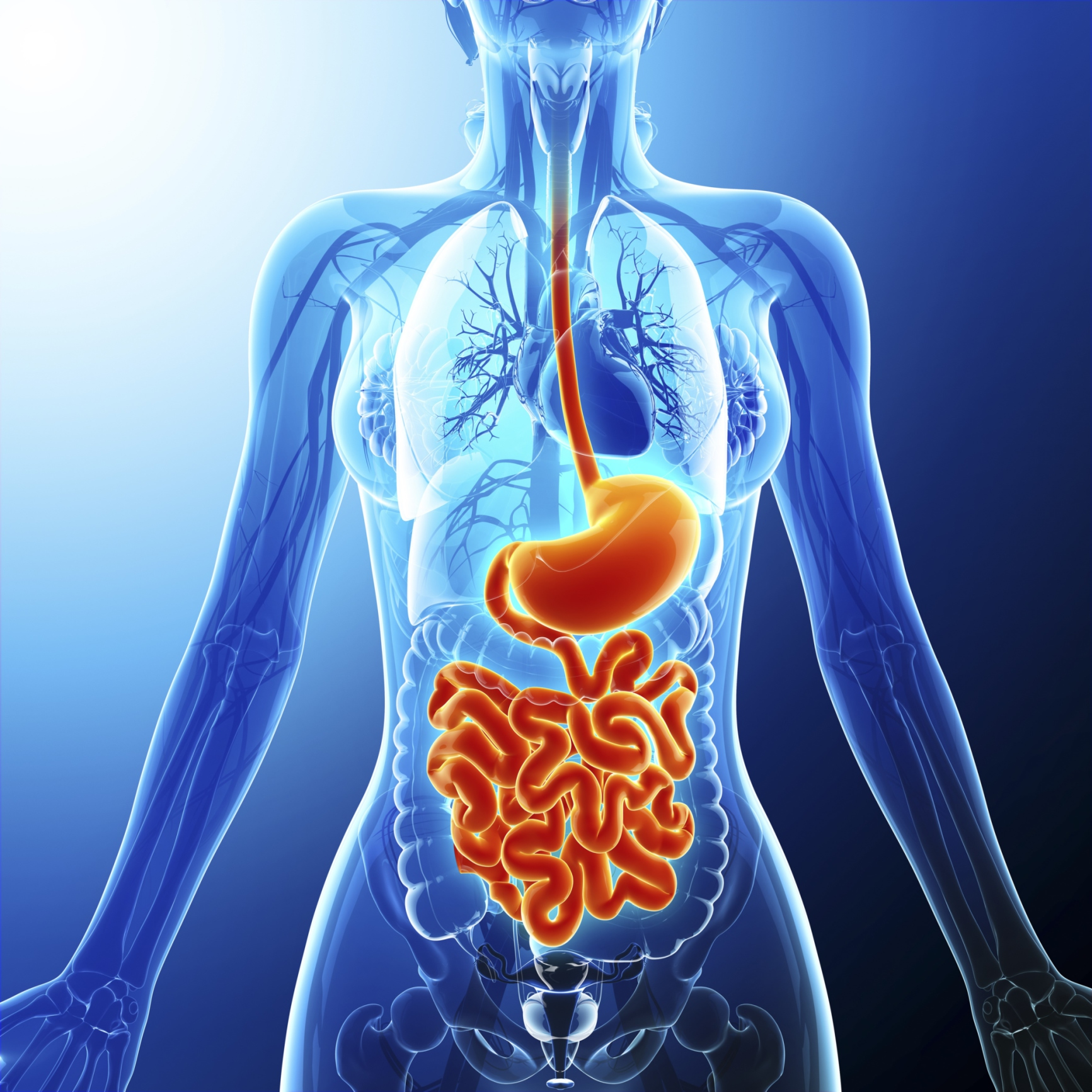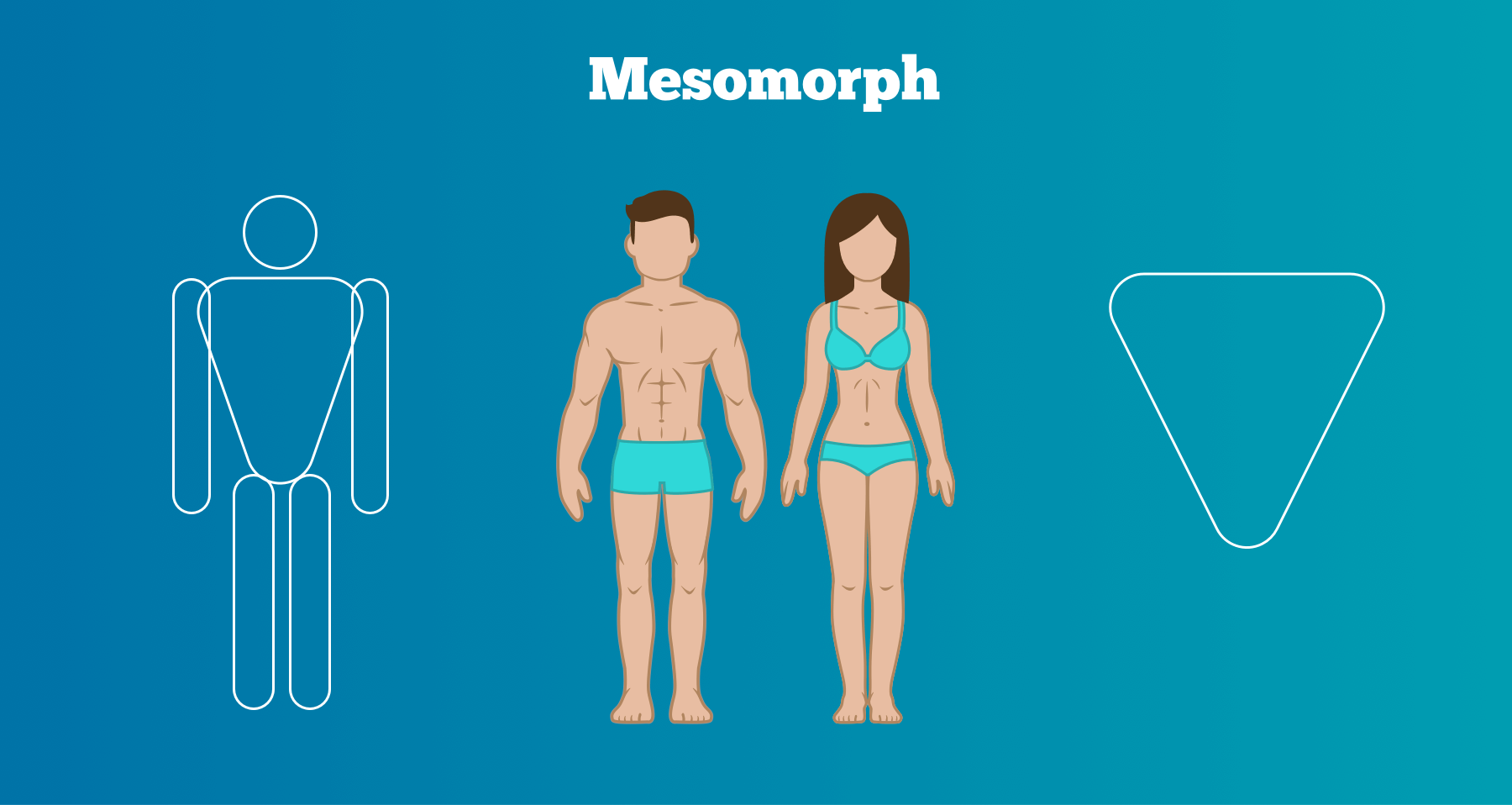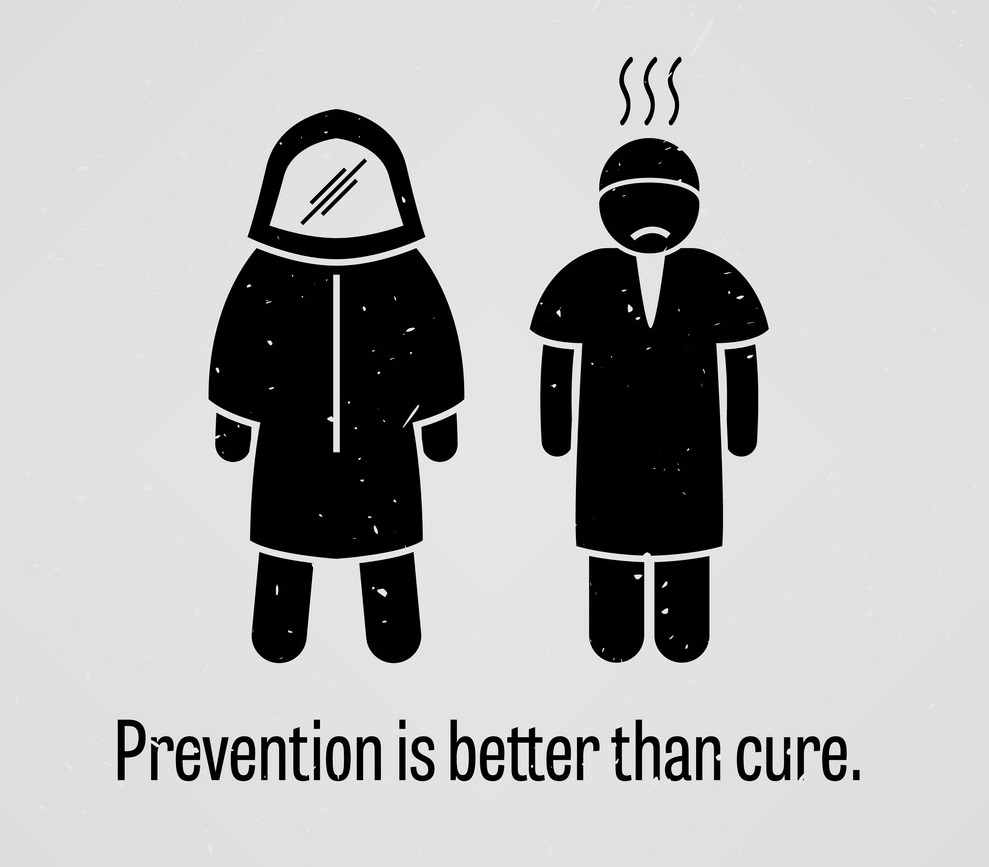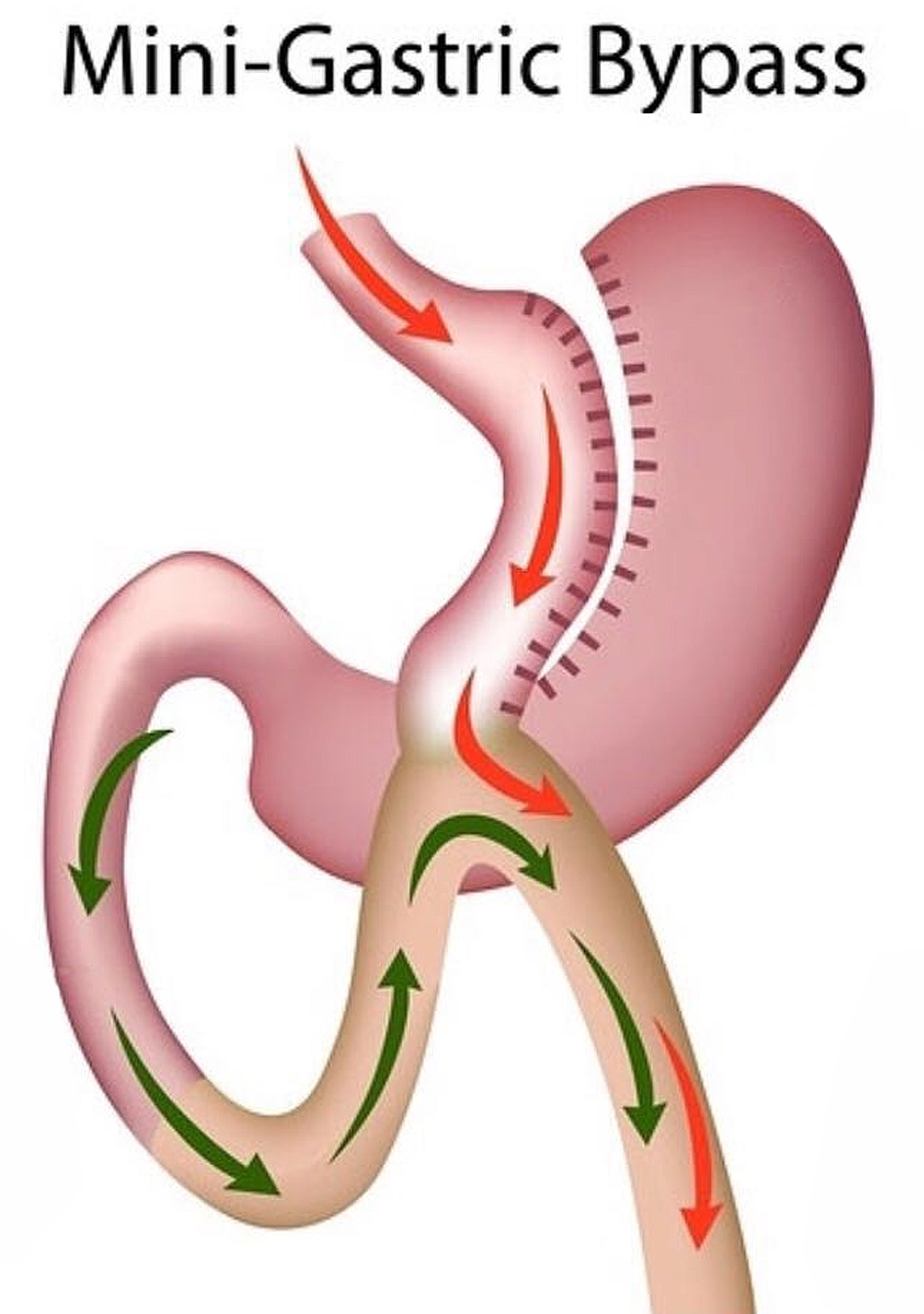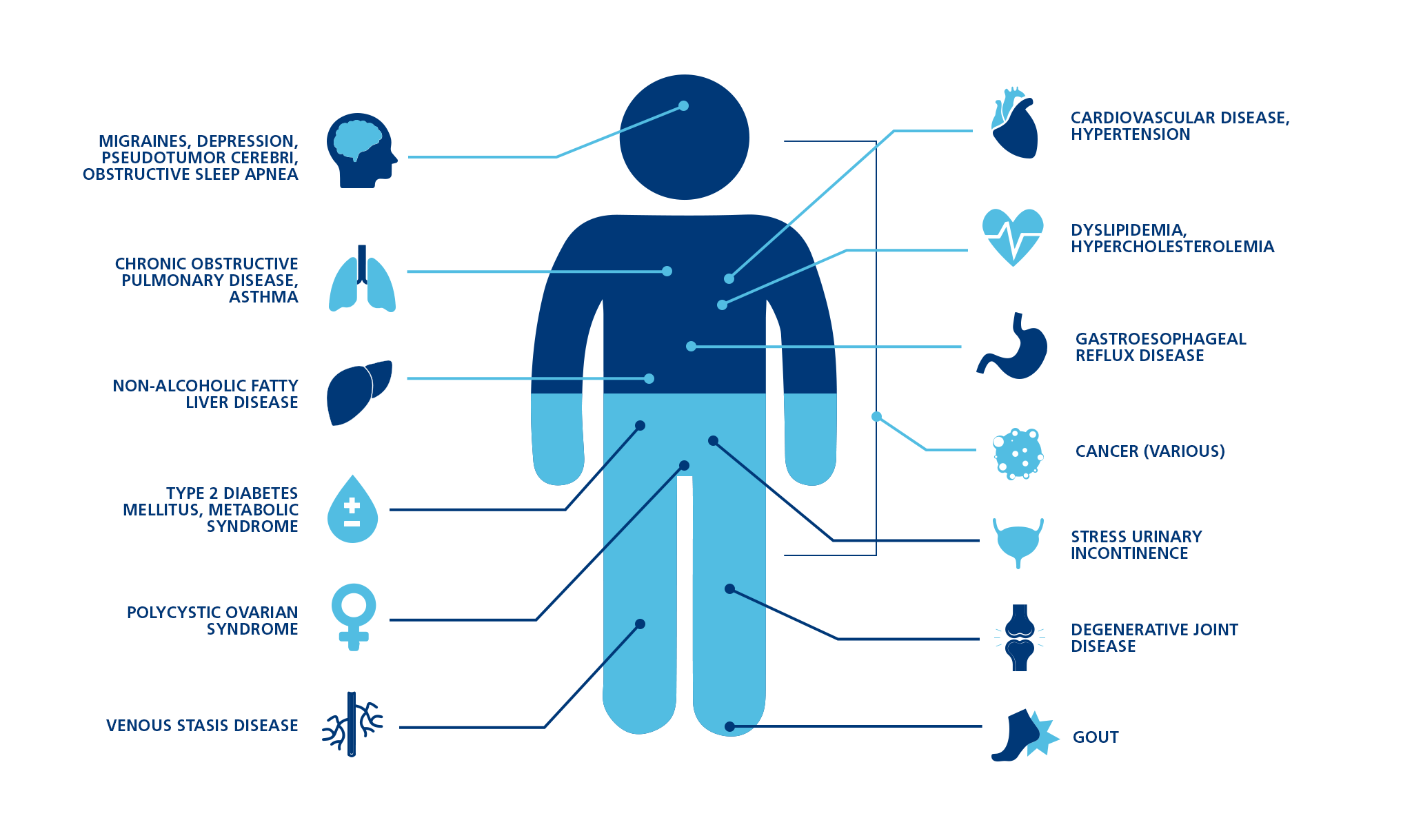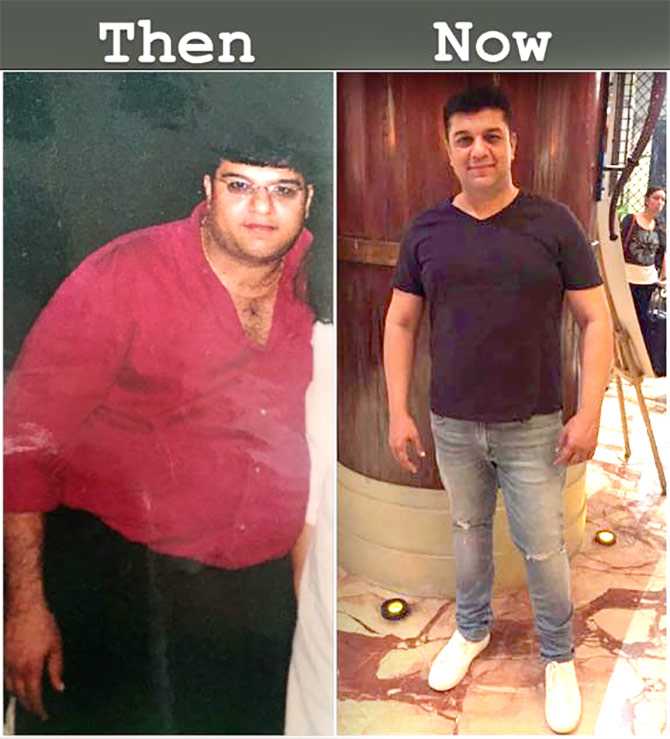GIST Cancer, GIST Cancer Treatment
GIST Cancer Treatment- Surgery, Targeted Therapy and Biologicals
In this article, you will learn about the different types of treatments doctors use for people diagnosed with liver cancer.
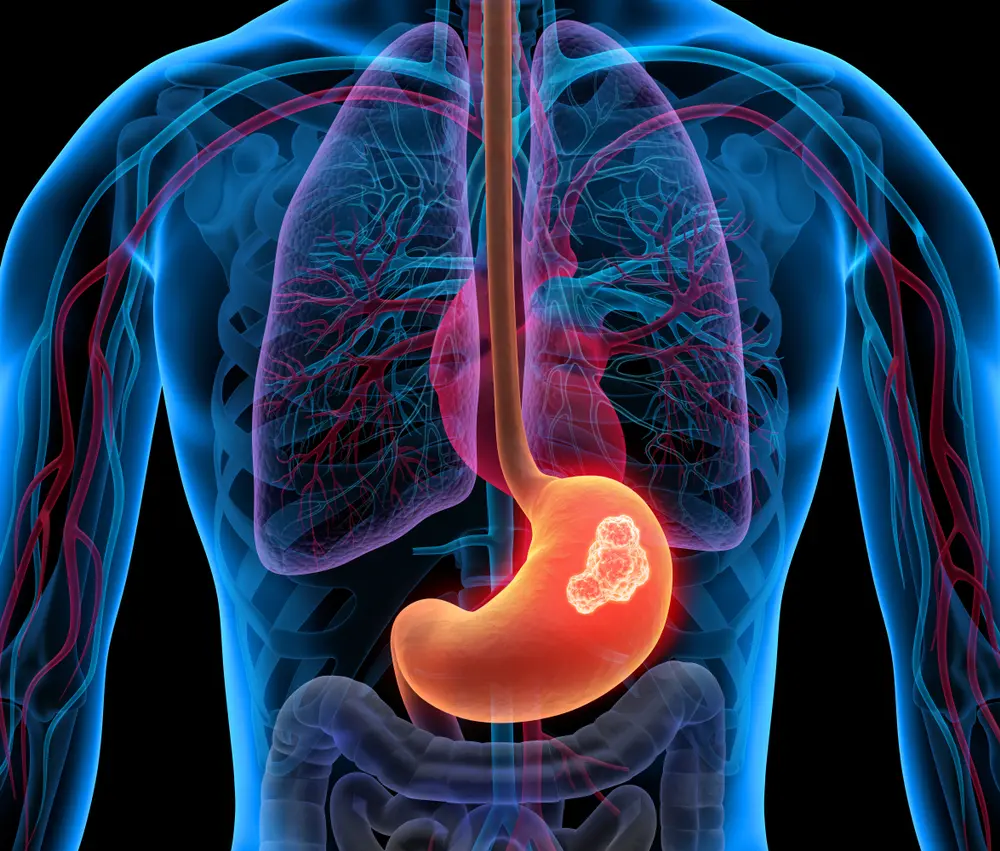
The results of diagnostic and staging tests of Gastrointestinal Stromal Tumors (GISTs) are used to plan further treatment.
Treatment is based on whether the tumor is:
- Resectable: These tumors can be removed by surgery .
- Unresectable: These tumors cannot be completely removed by surgery.
- Metastatic and recurrent: Metastatic tumors have spread to other parts of the body. Recurrent tumors have recurred (come back) after treatment. Recurrent GISTs may come back in the gastrointestinal tract or in other parts of the body. They are usually found in the abdomen,peritoneum, and/or liver.
Treatment Options
Surgery
If the GIST has not spread and is in a place where surgery can be safely done, the tumor and some of the tissue around it may be removed..
Targeted therapy
Targeted therapy is a type of treatment that uses drugs or other substances to identify and attack specific cancer cells without harming normal cells.
Tyrosine kinase inhibitors (TKIs) are targeted therapy drugs that block signals needed for tumors to grow. TKIs may be used to treat GISTs that cannot be removed by surgery or to shrink GISTs so they become small enough to be removed by surgery. Imatinib mesylate and sunitinib are two TKIs used to treat GISTs. TKIs are sometimes given for as long as the tumor does not grow and serious side effects do not occur.
Treatment Planning
Resectable Gastrointestinal Stromal Tumors
Resectable gastrointestinal stromal tumors (GISTs) can be completely or almost completely removed by surgery. Treatment may include the following: If there are cancer cells remaining at the edges of the area where the tumor was removed, watchful waiting or targeted therapy with imatinib mesylate may follow. A clinical trial of targeted therapy with imatinib mesylate following surgery, to decrease the chance the tumor will recur (come back).
Unresectable Gastrointestinal Stromal Tumors
Unresectable GISTs cannot be completely removed by surgery because they are too large or in a place where there would be too much damage to nearby organs if the tumor is removed. Treatment is usually a clinical trial of targeted therapy with imatinib mesylate to shrink the tumor, followed by surgery to remove as much of the tumor as possible.
Metastatic and Recurrent Gastrointestinal Stromal Tumors
Treatment of GISTs that are metastatic (spread to other parts of the body) or recurrent (came back after treatment) may include the following:
- Targeted therapy with imatinib mesylate.
- Targeted therapy with sunitinib, if the tumor begins to grow during imatinib mesylate therapy or if the side effects are too bad.
- Surgery to remove tumors that have been treated with targeted therapy and are shrinking, stable(not changing), or that have slightly increased in size. Targeted therapy may continue after surgery.
- Surgery to remove tumors when there are serious complications, such as bleeding, a hole in the gastrointestinal (GI) tract, a blocked GI tract, or infection.
If treatment does not work
Recovery from cancer is not always possible. If the cancer cannot be cured or controlled, the disease may be called advanced or terminal.
This diagnosis is stressful, and for many people, advanced cancer is difficult to discuss. However, it is important to have open and honest conversations with your health care team to express your feelings, preferences, and concerns. The health care team has special skills, experience, and knowledge to support patients and their families and is there to help. Making sure a person is physically comfortable, free from pain, and emotionally supported is extremely important.
Book online consultation with our experts here-


